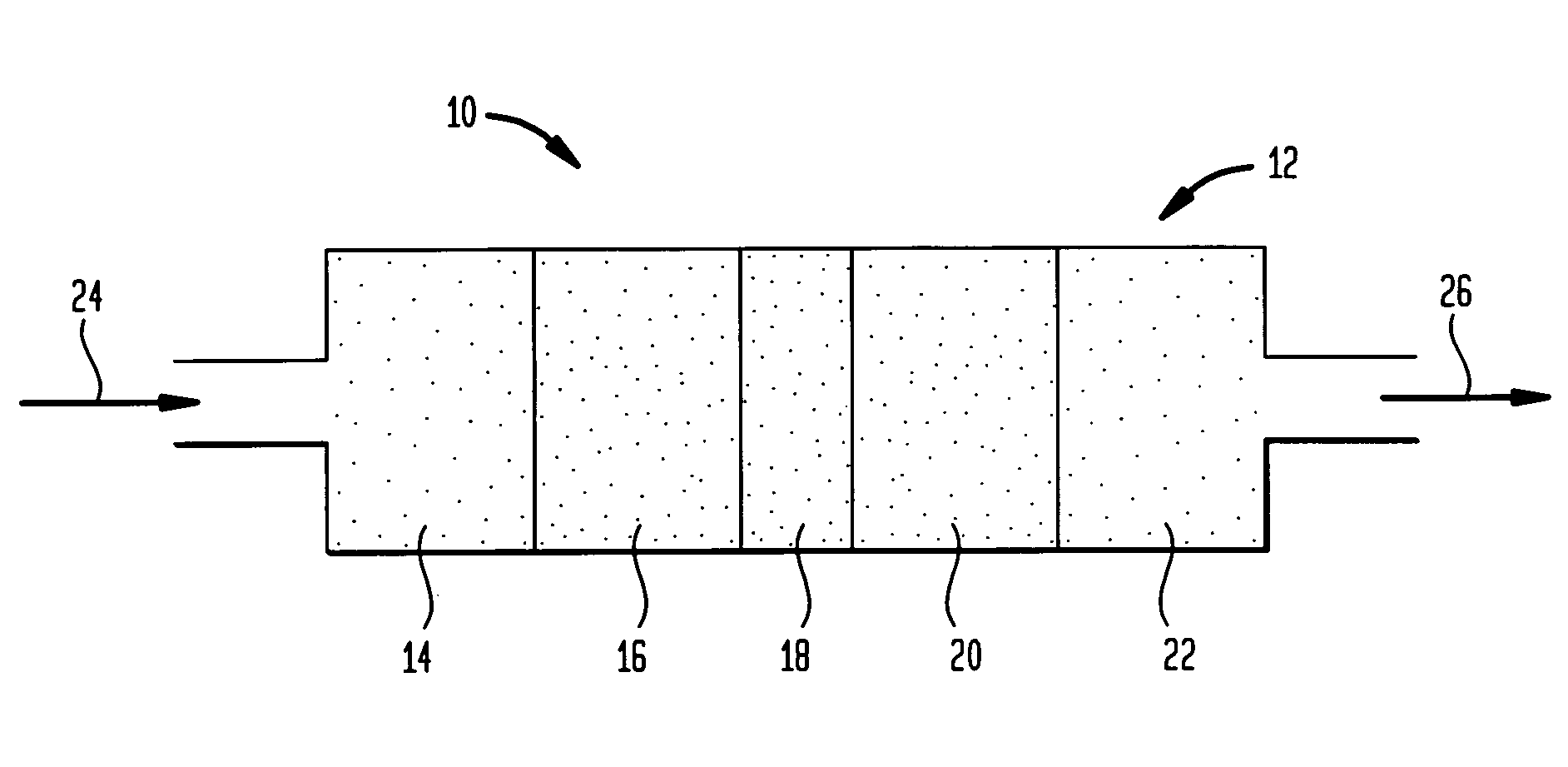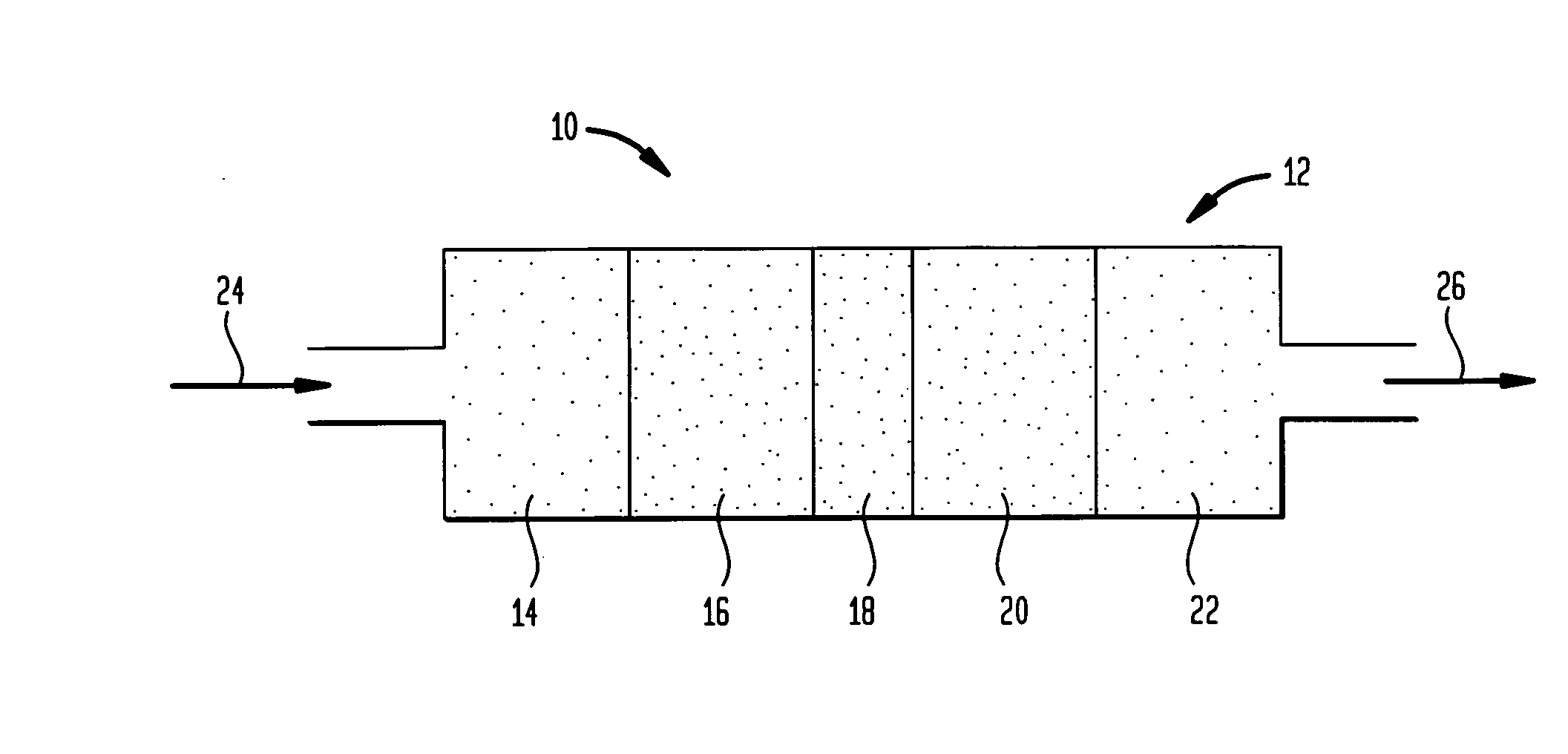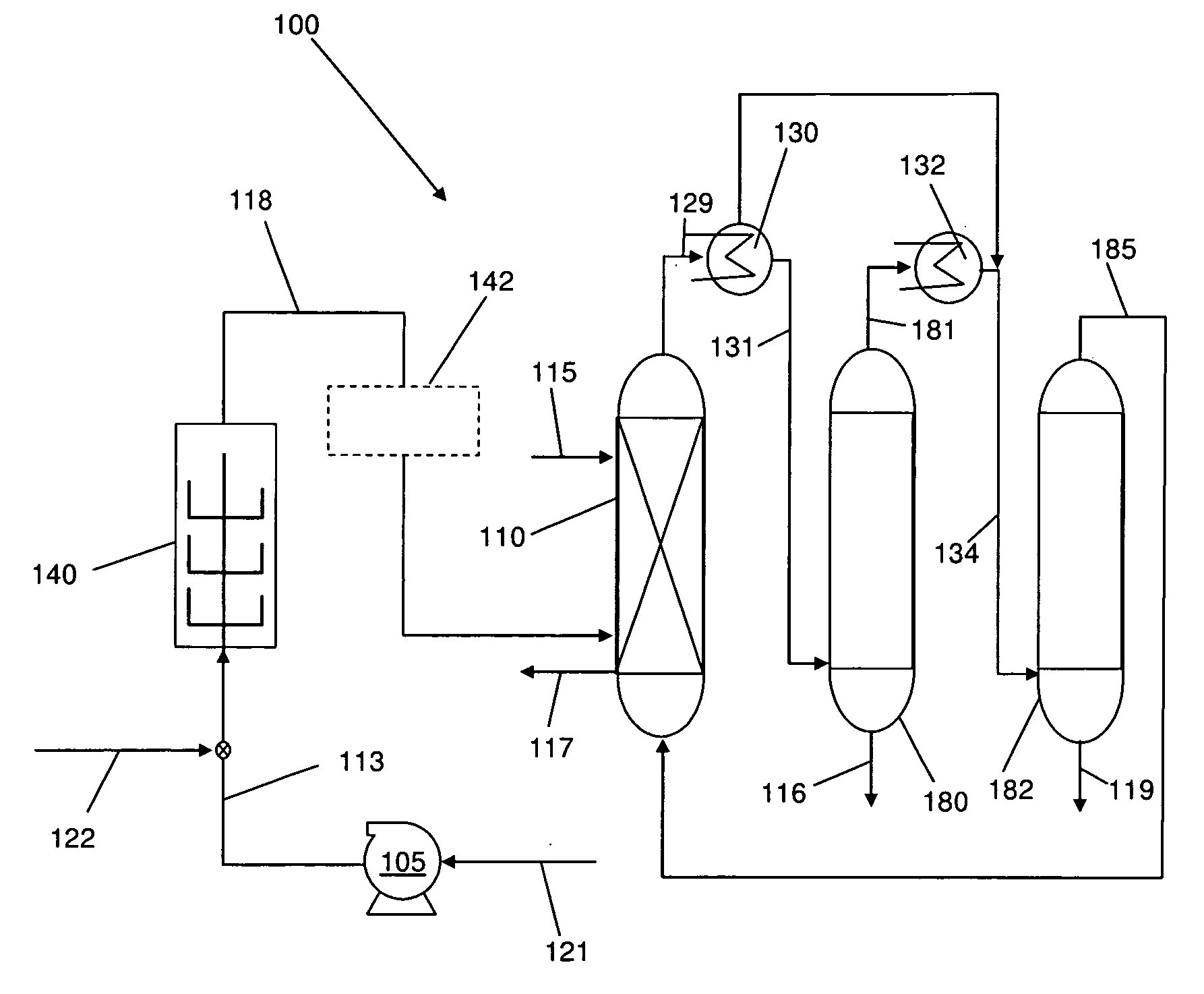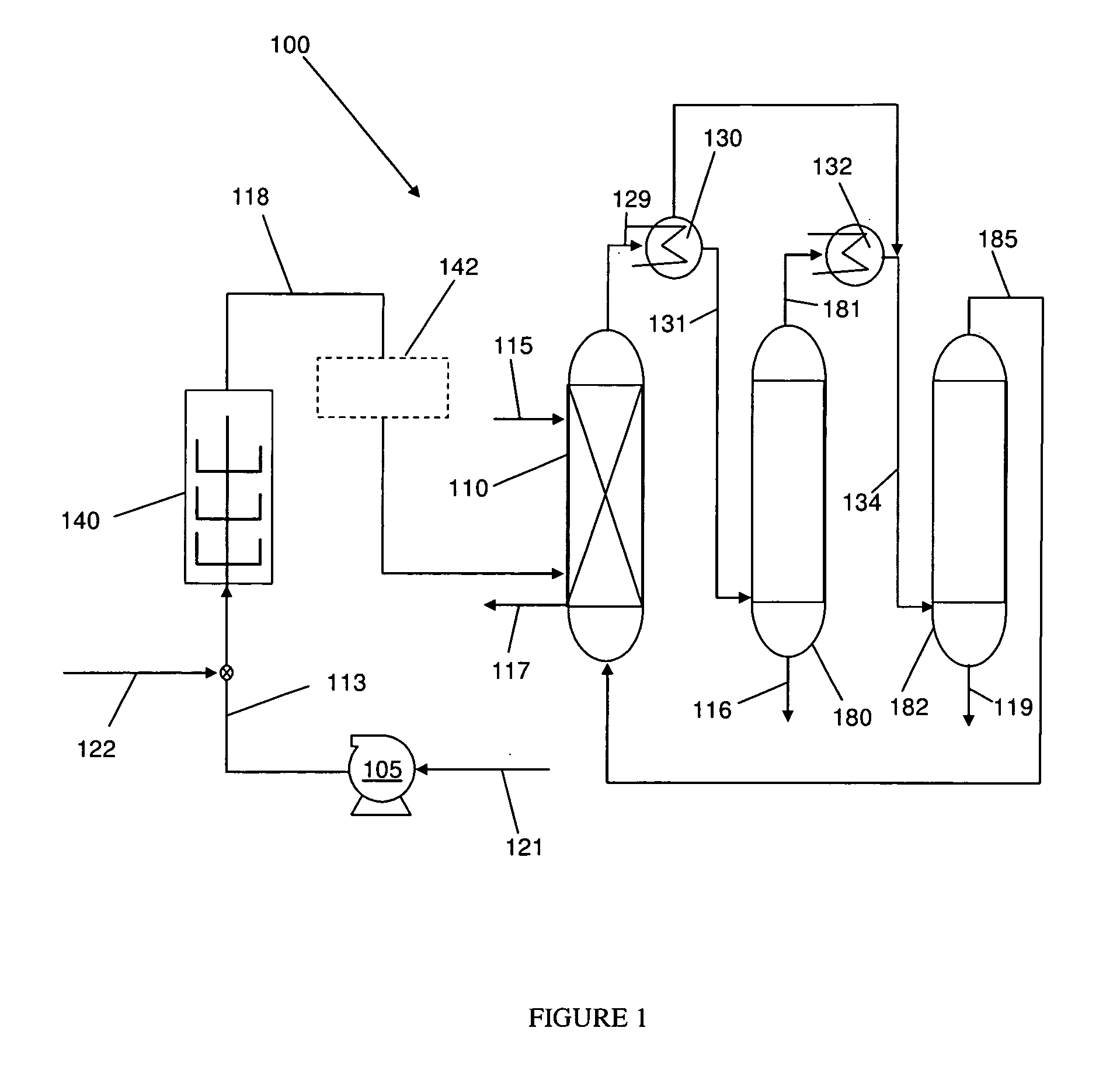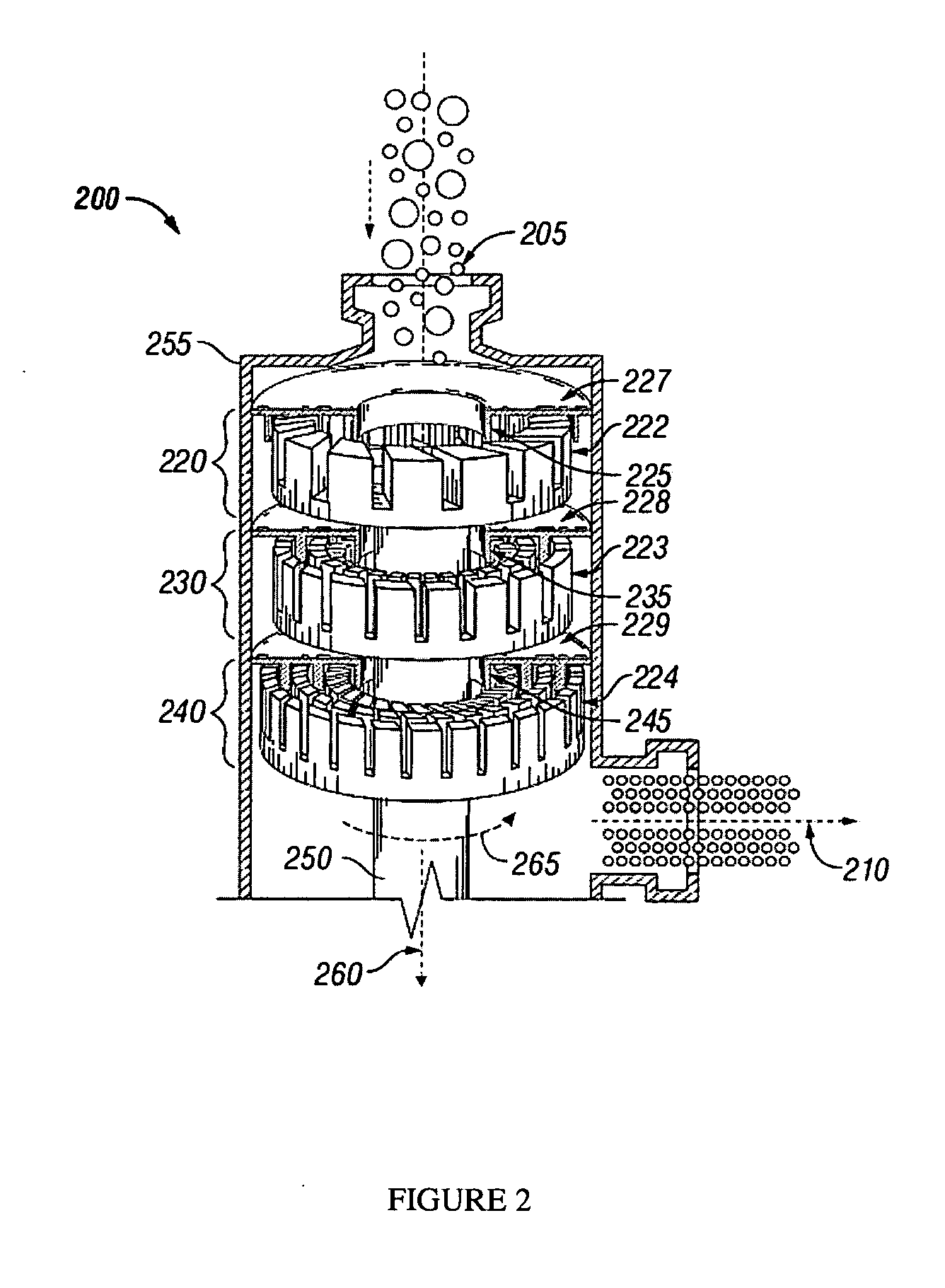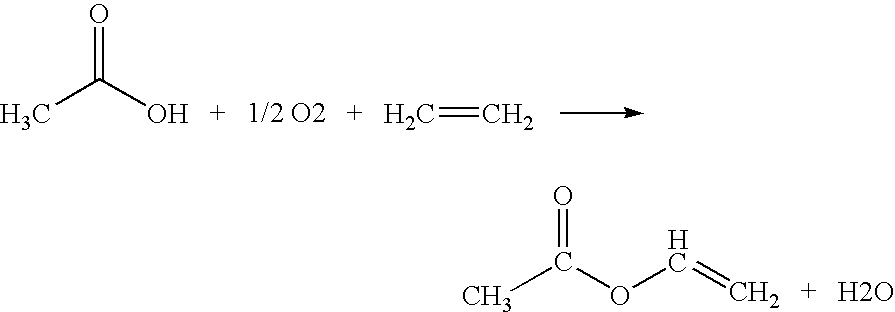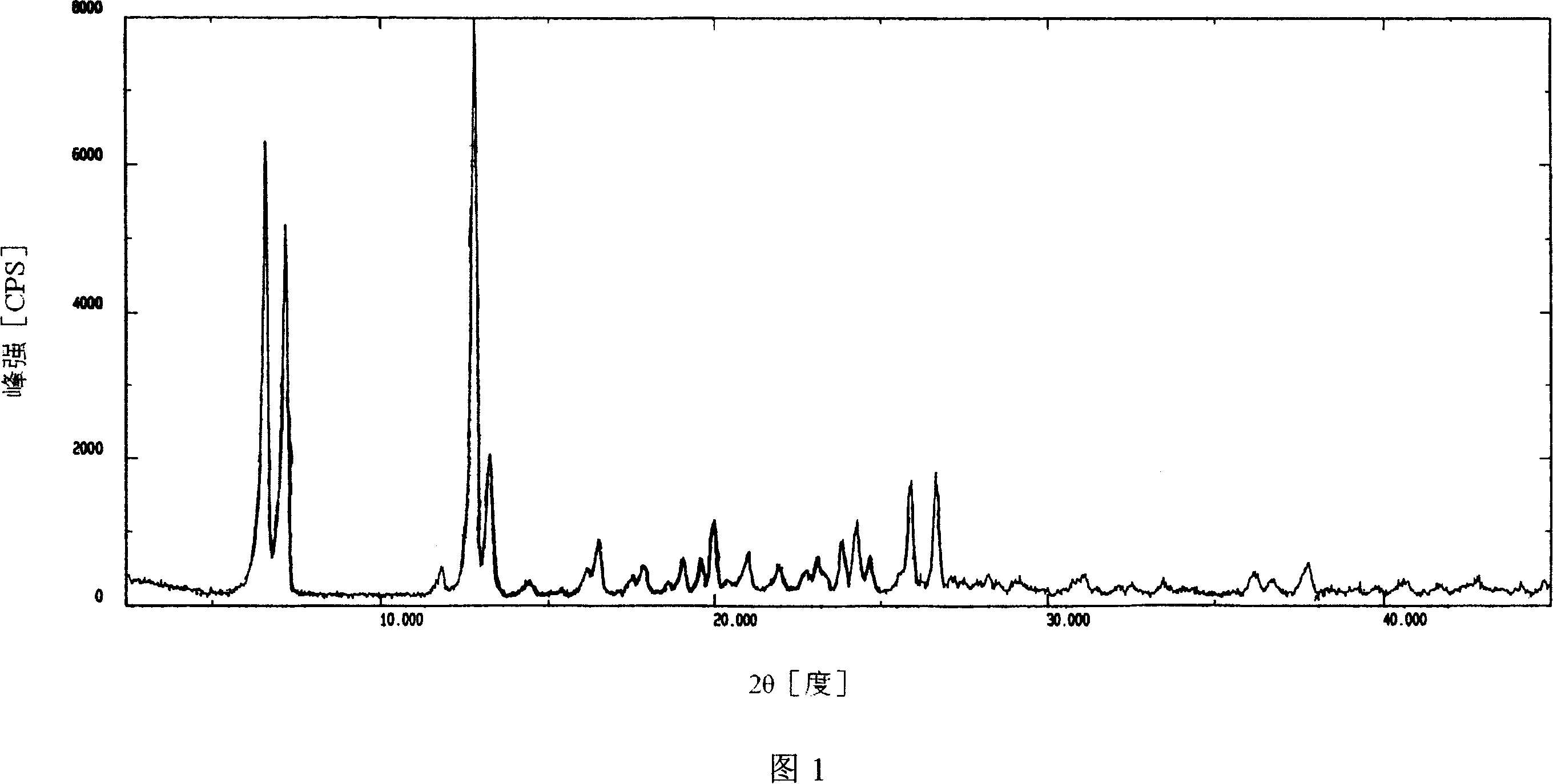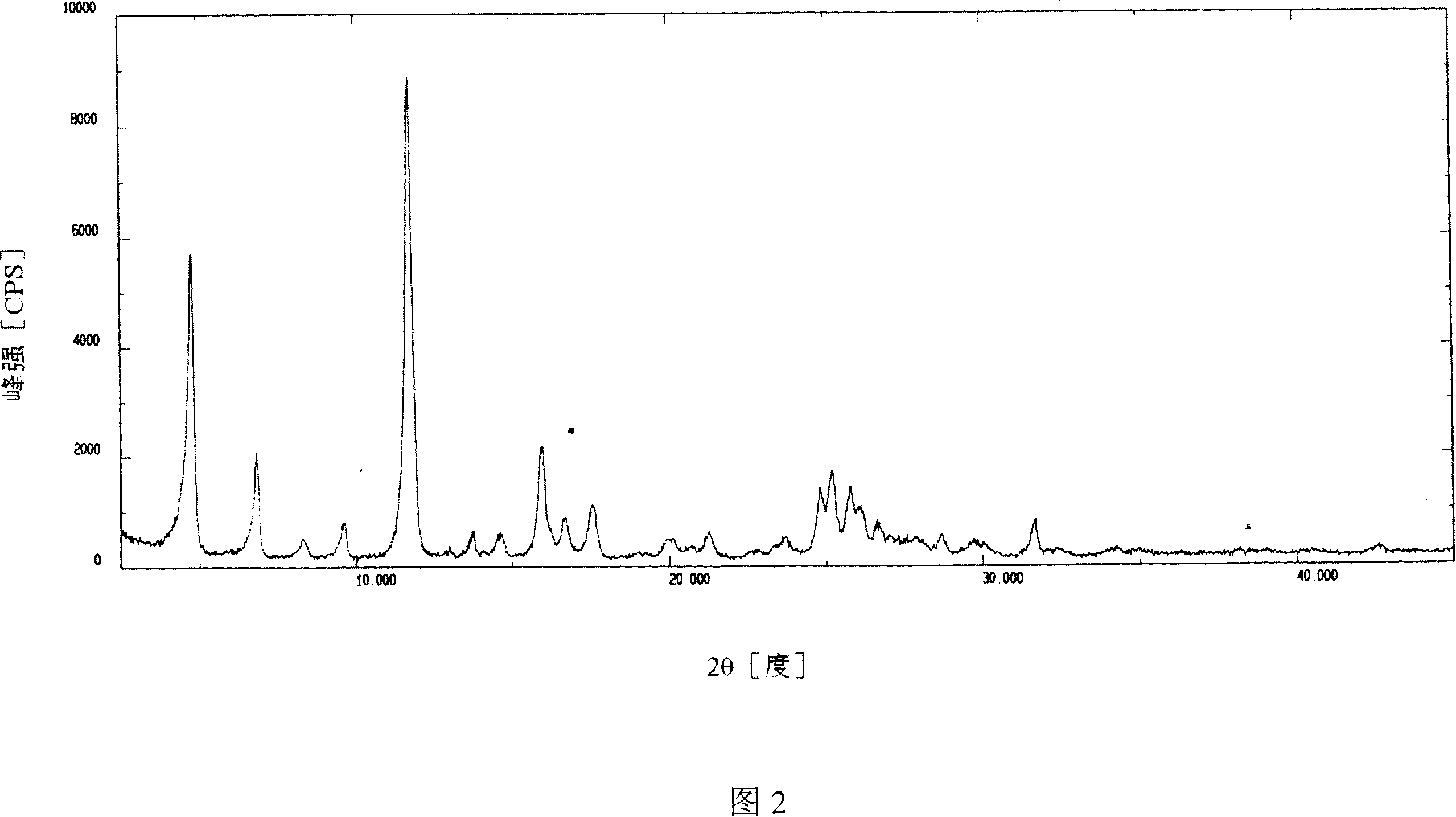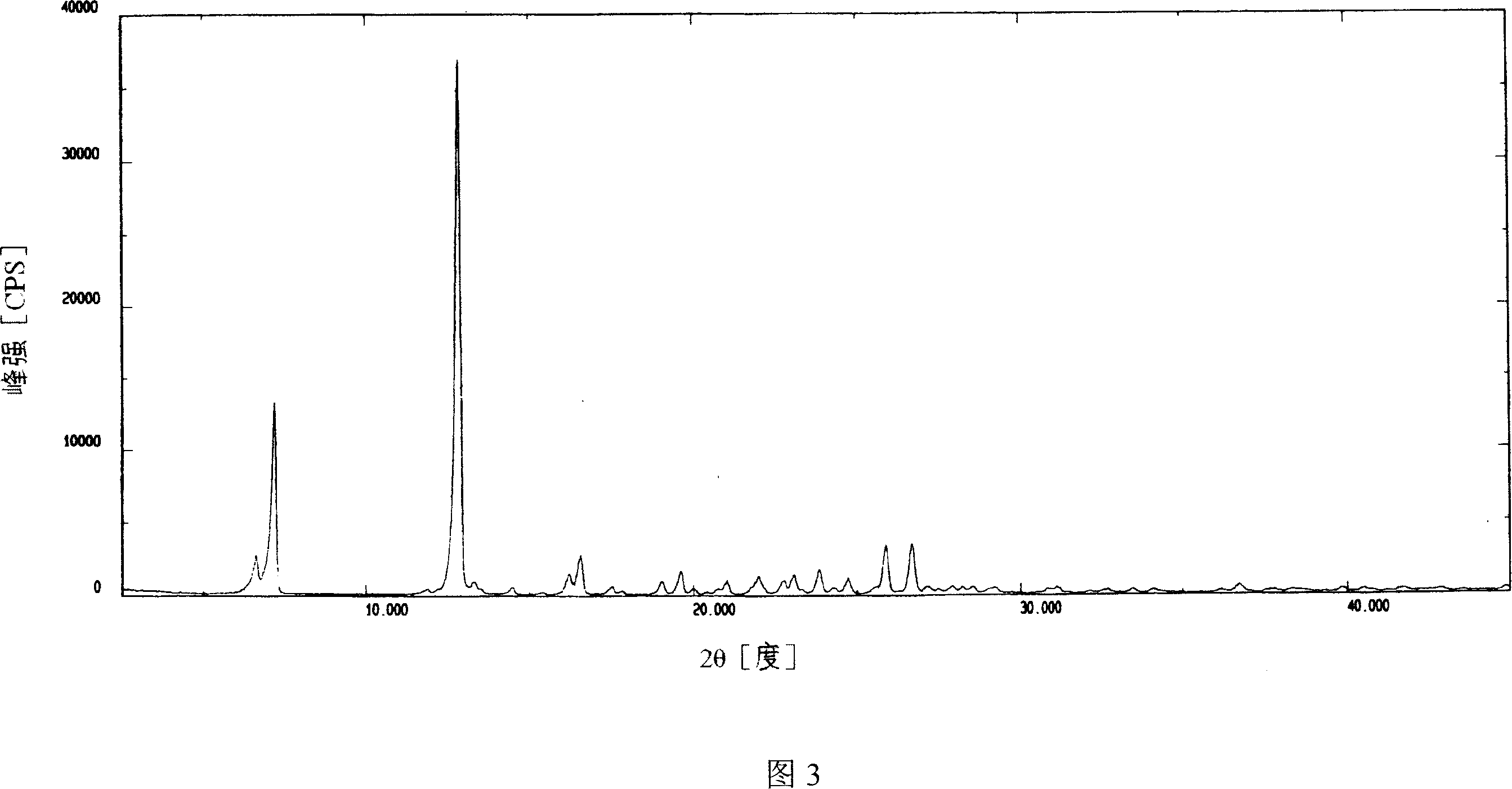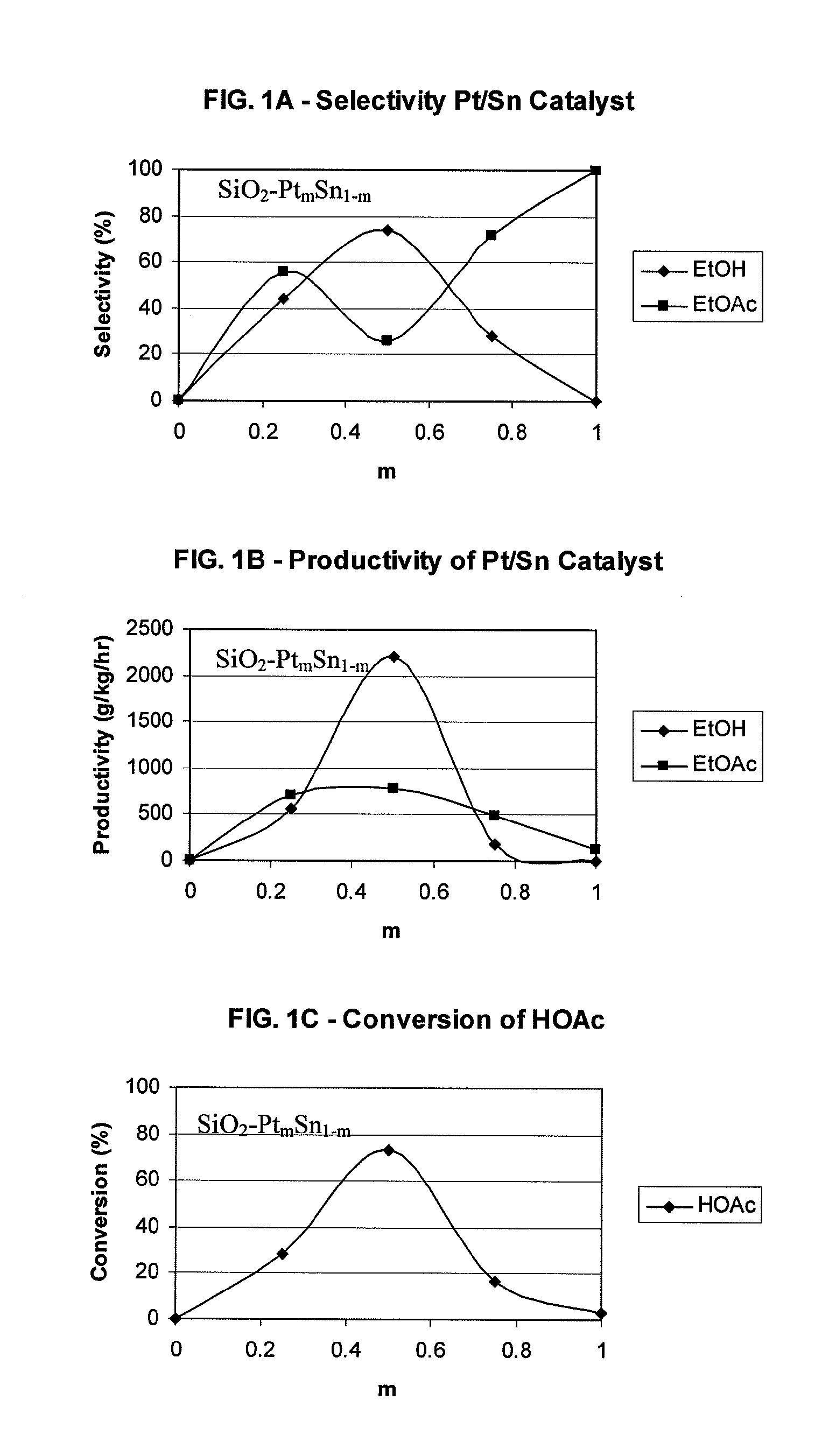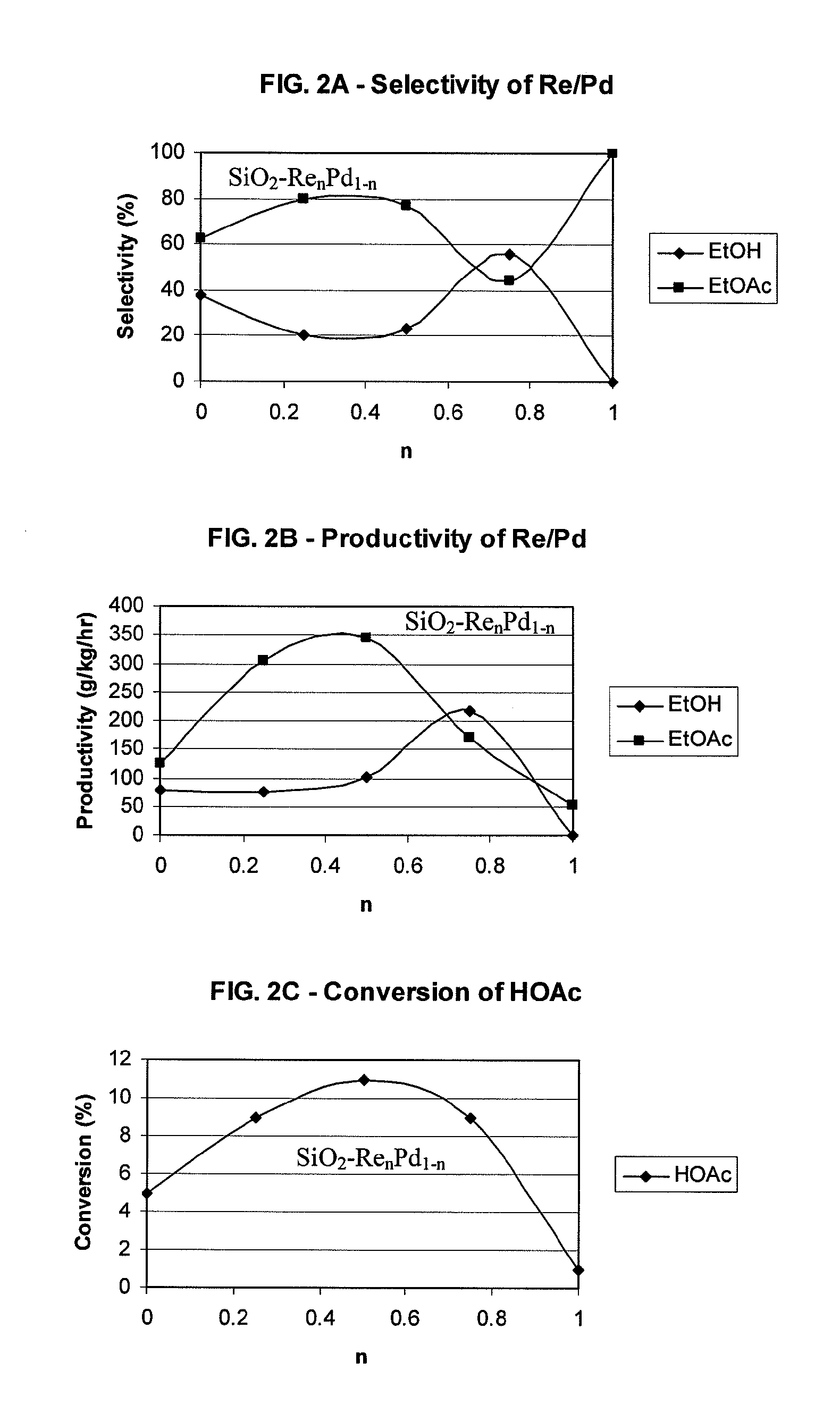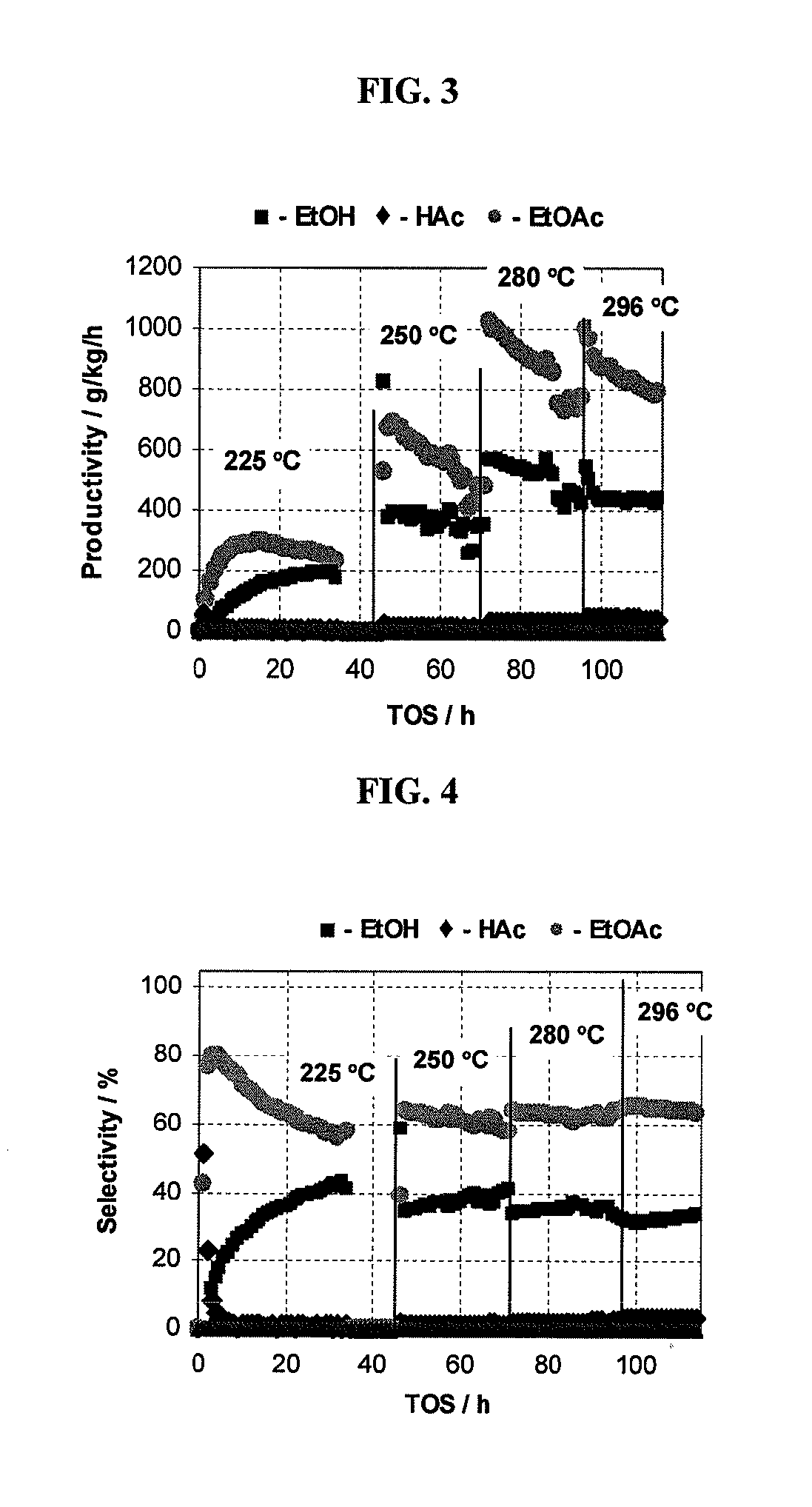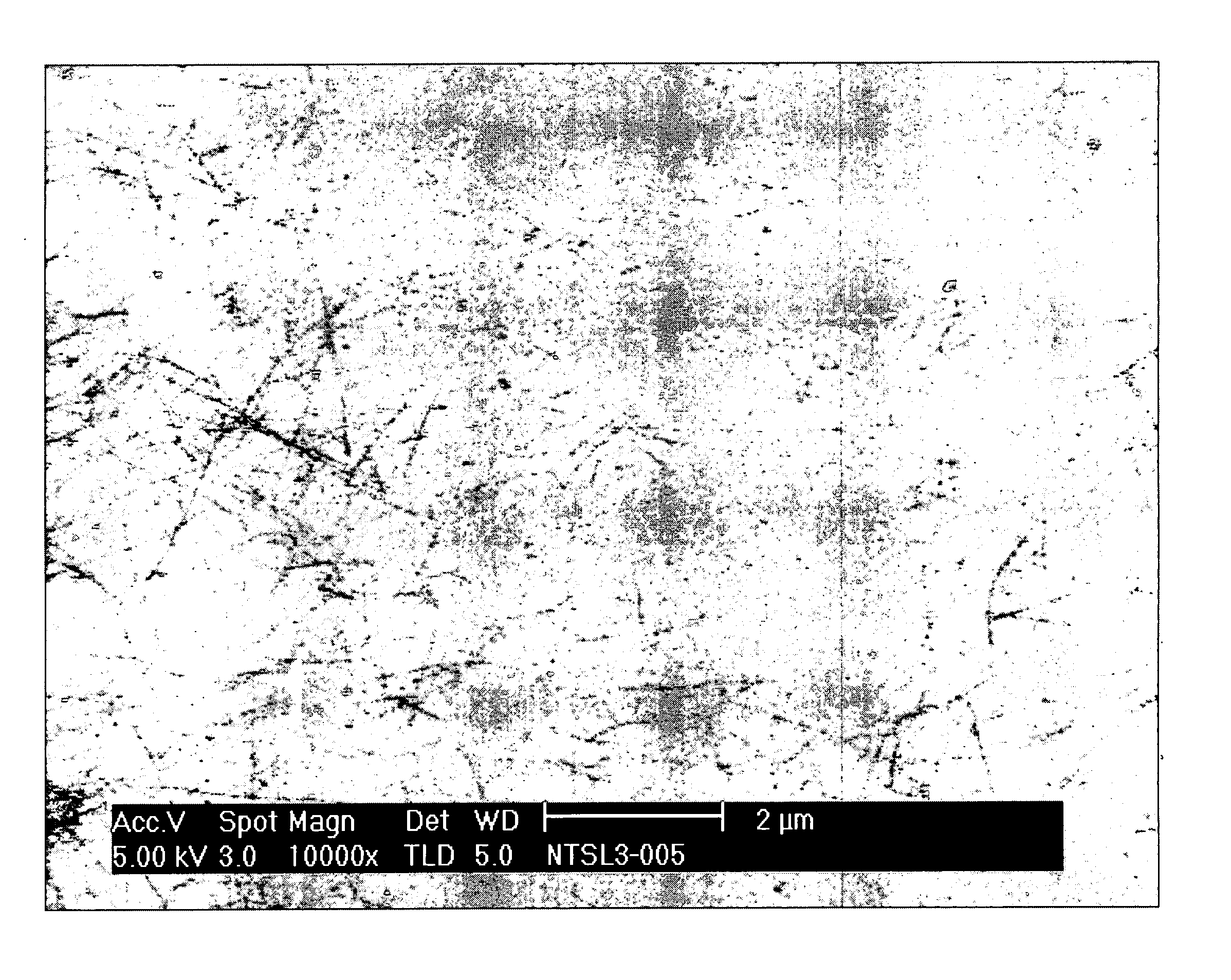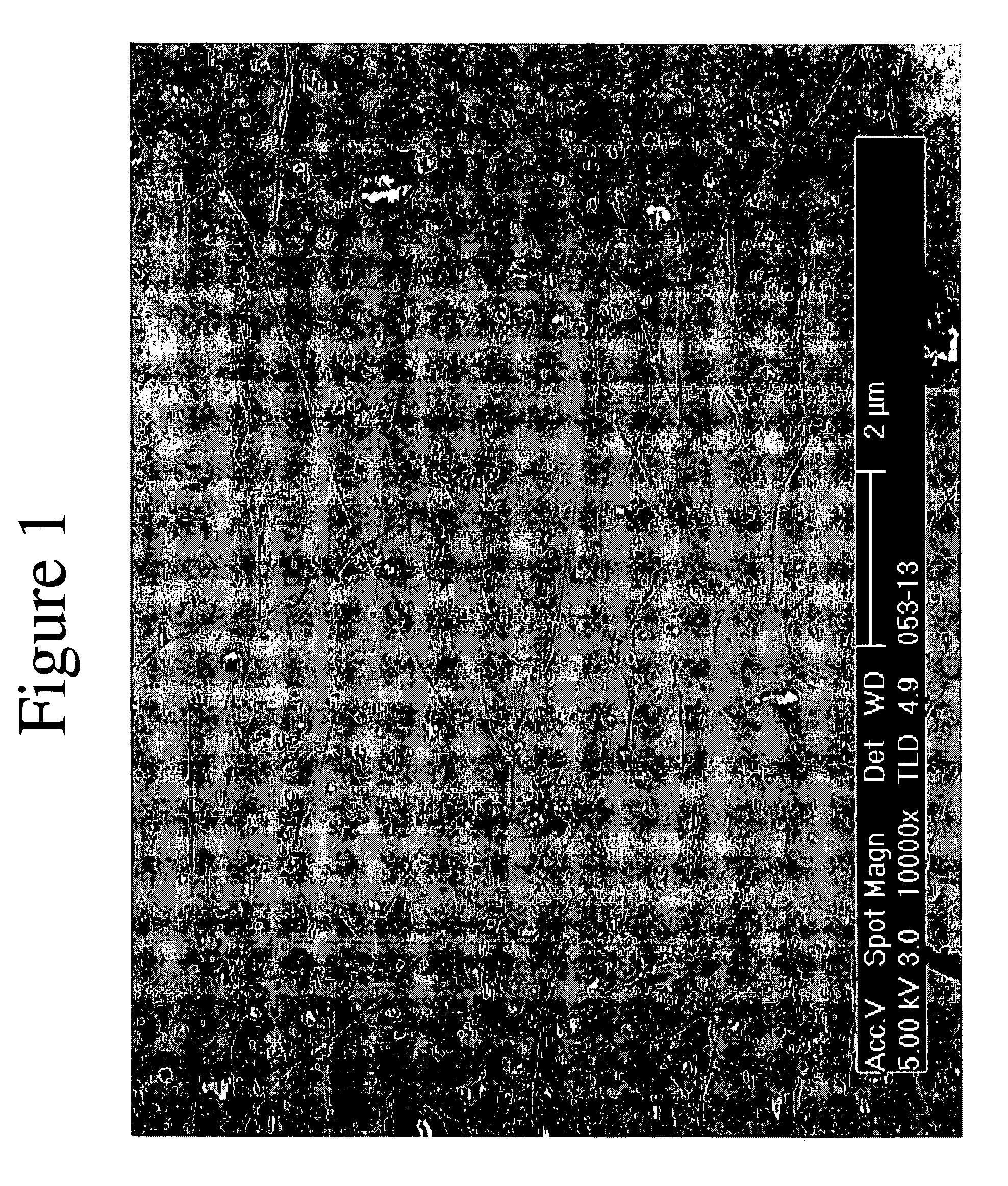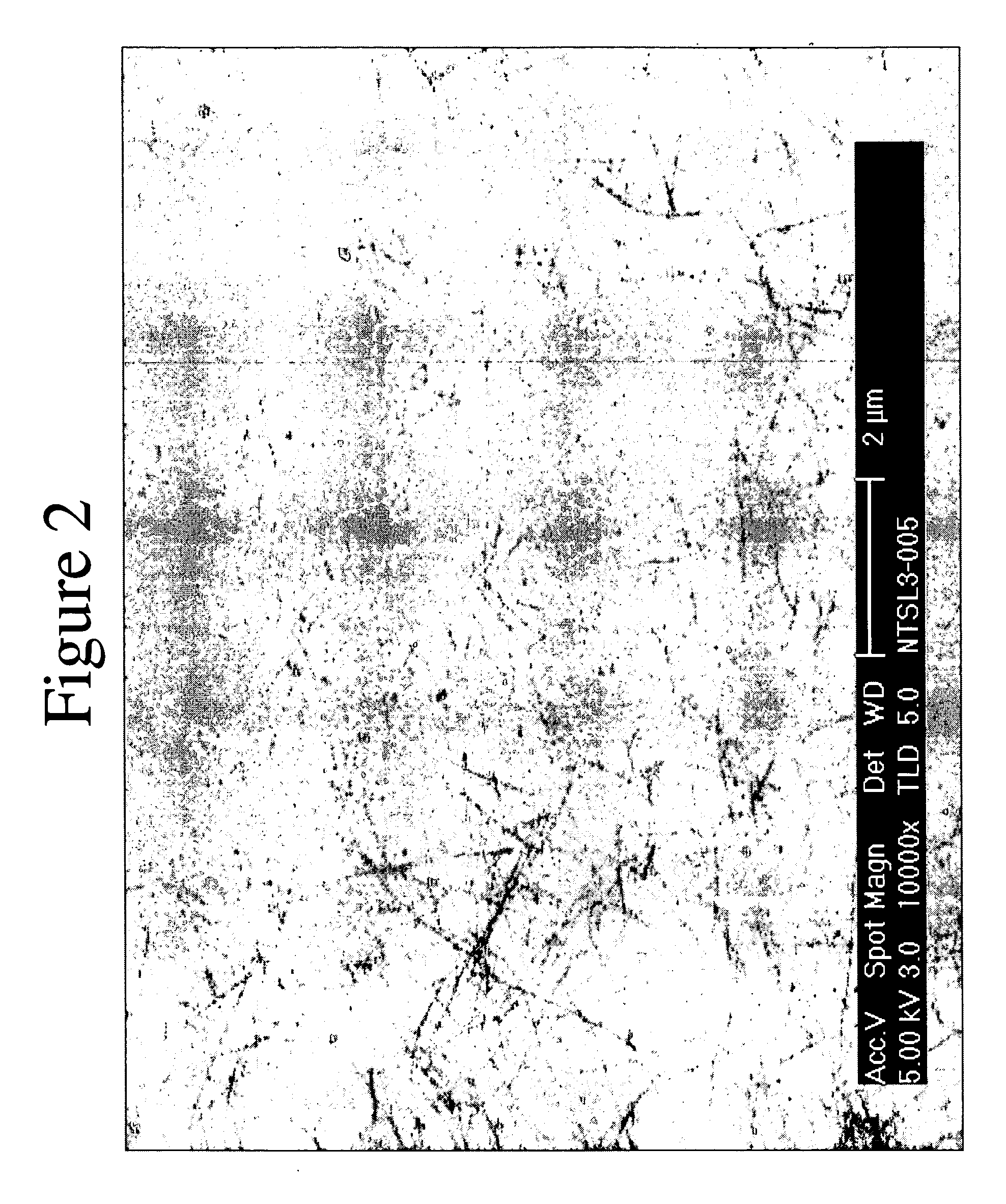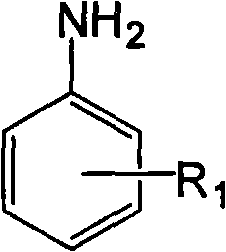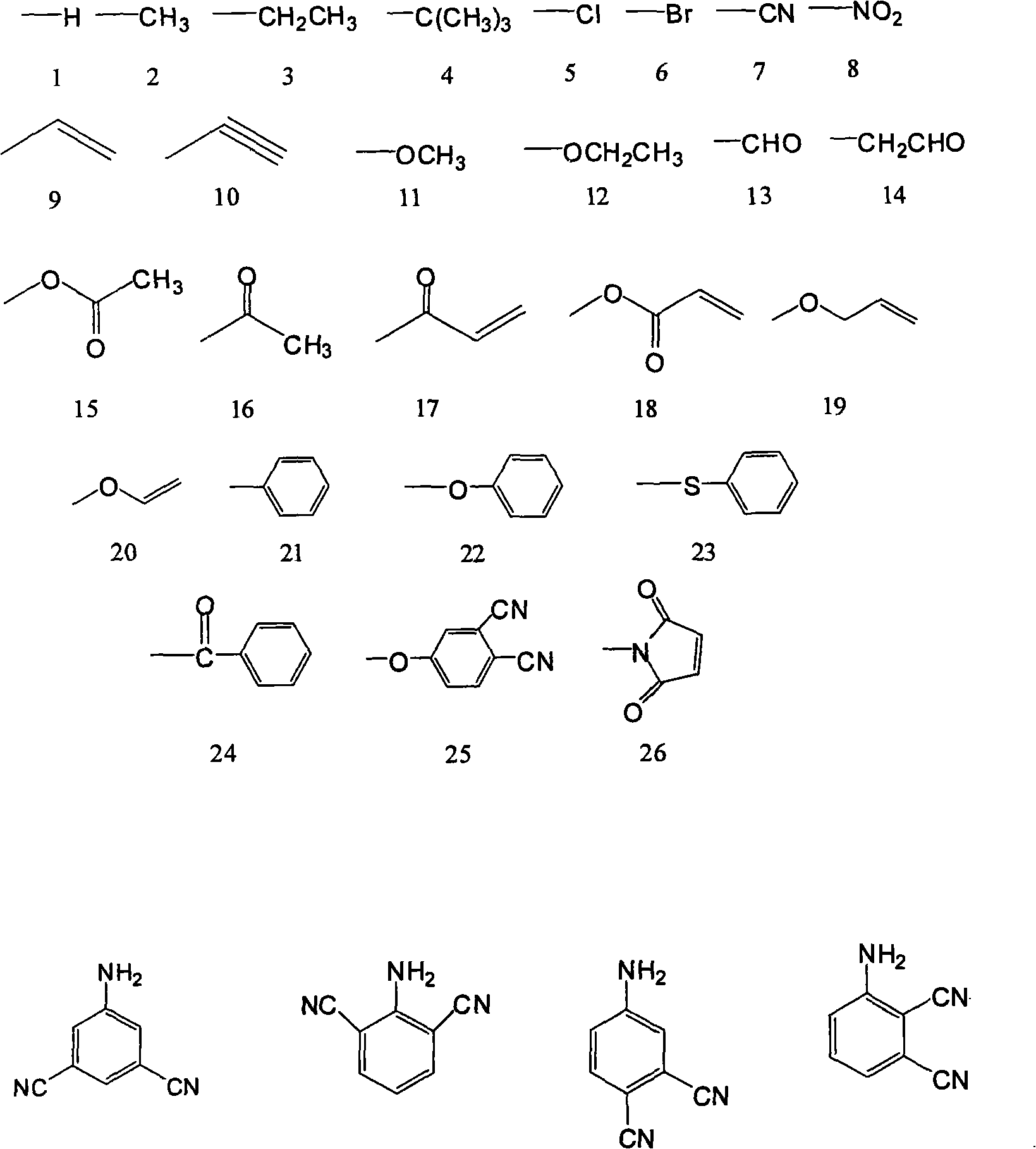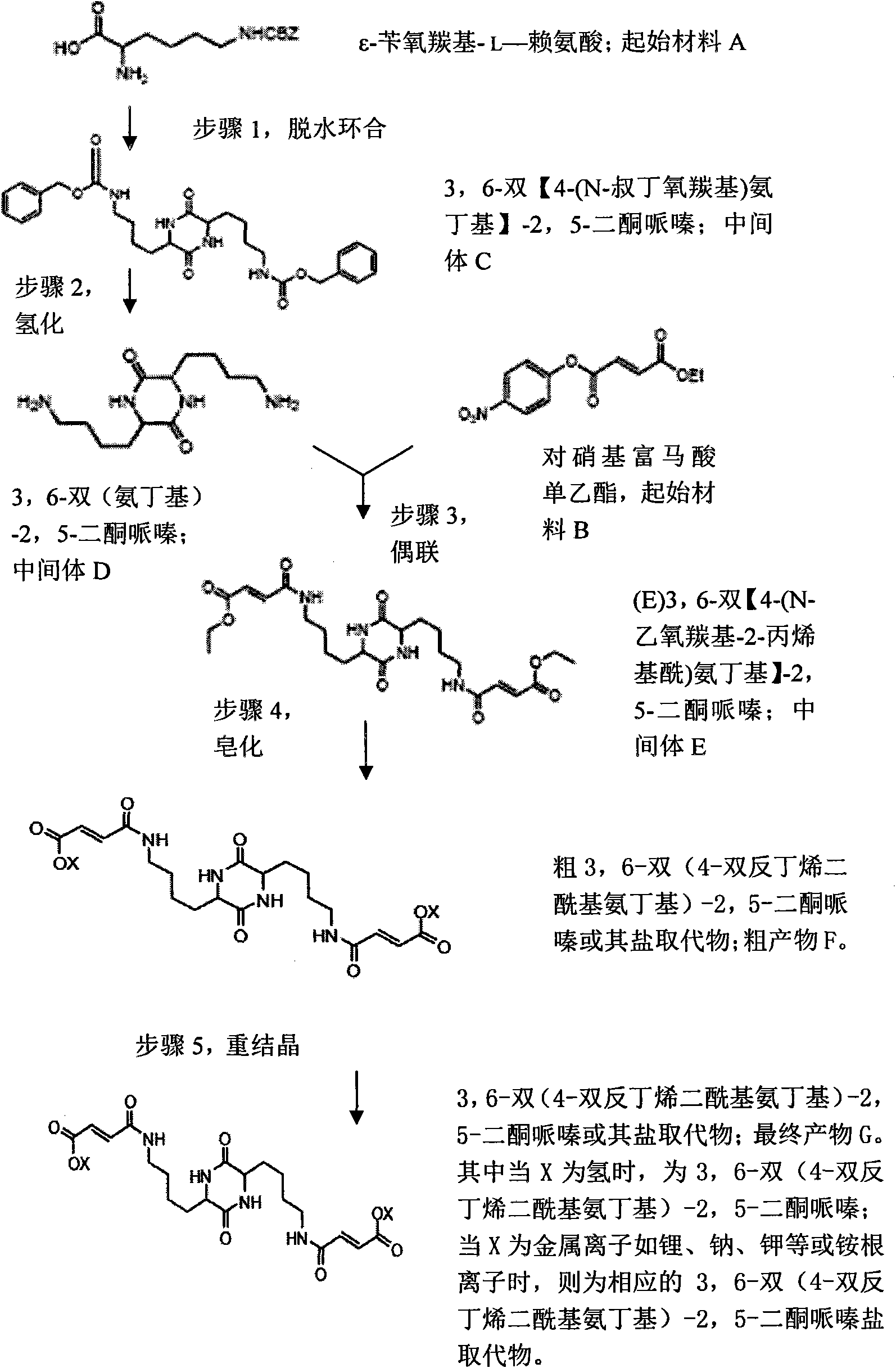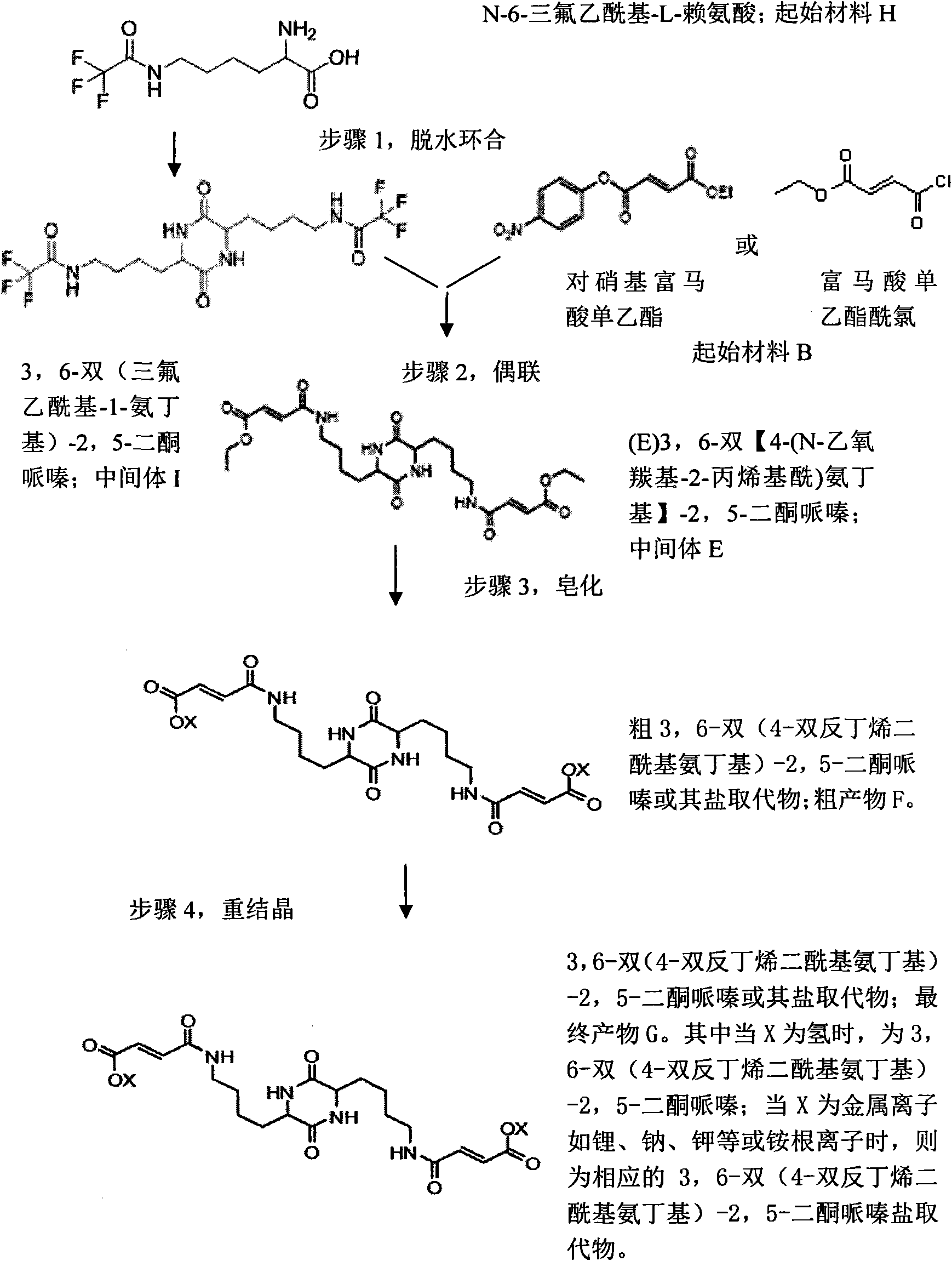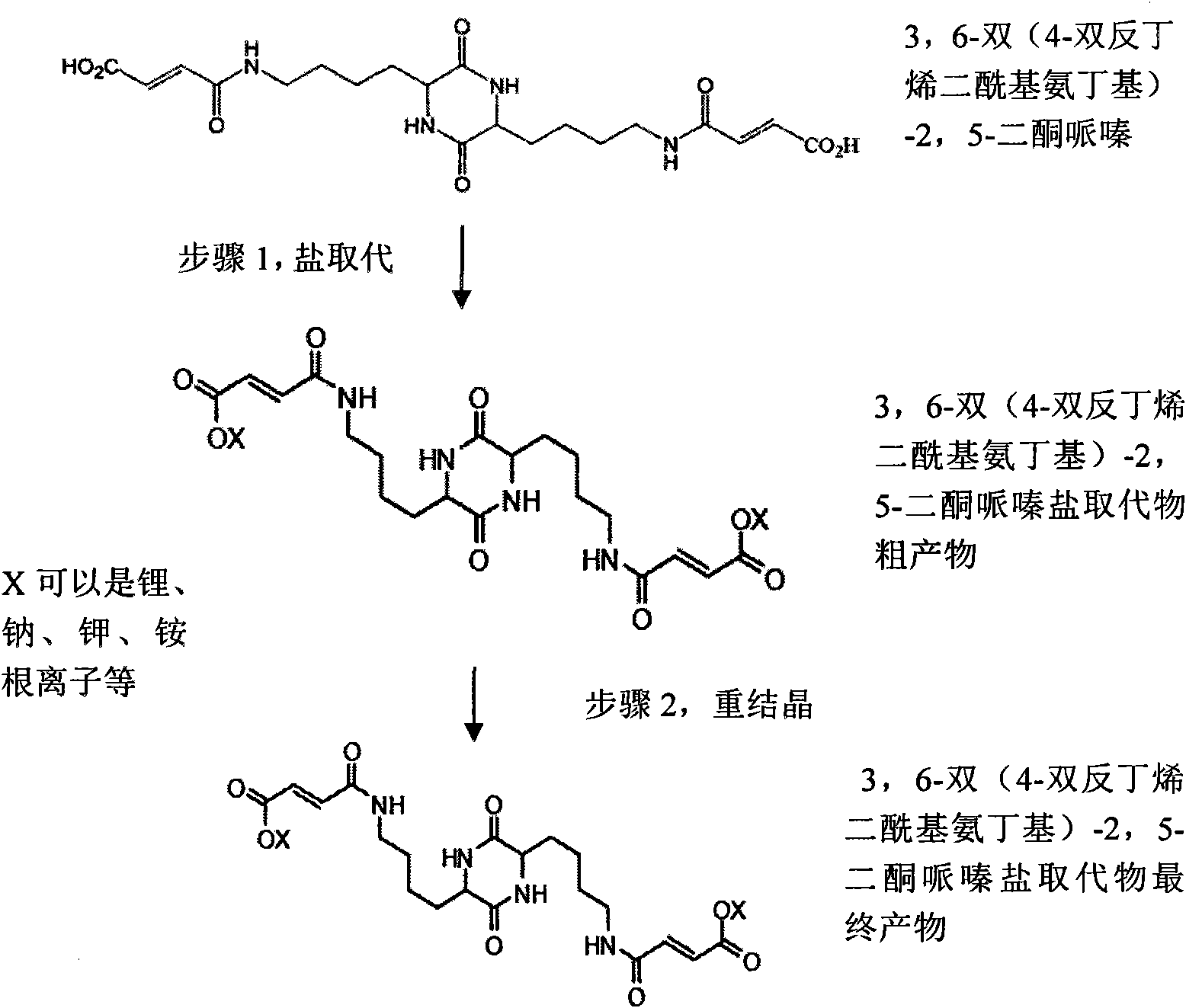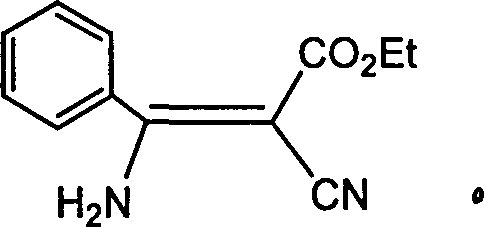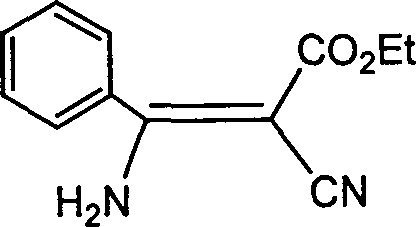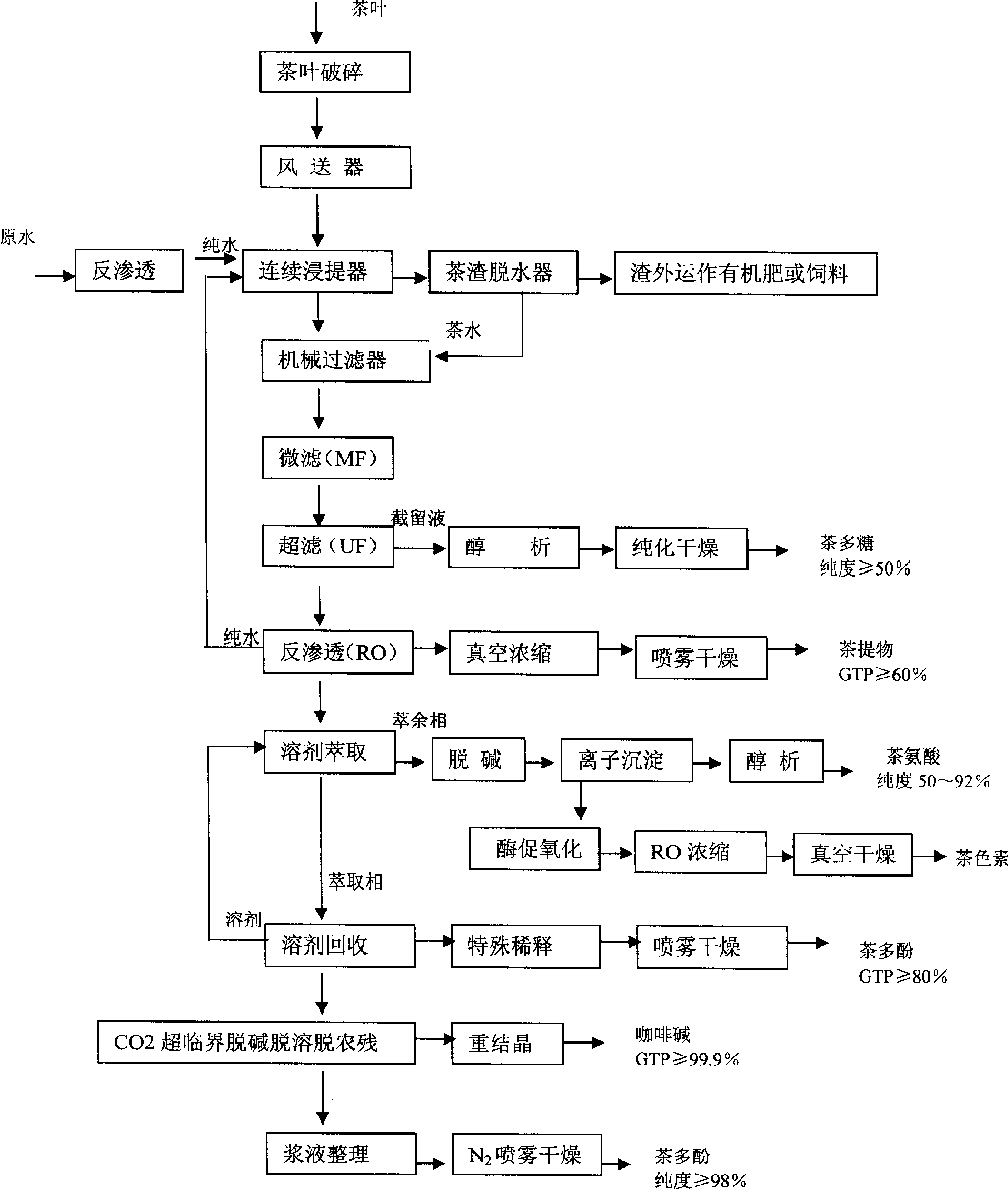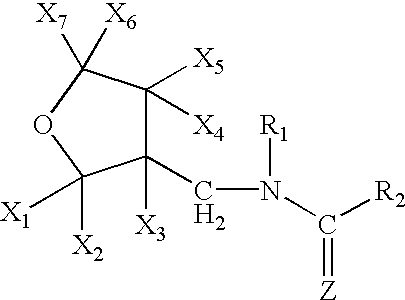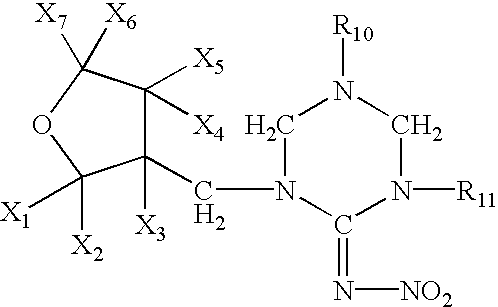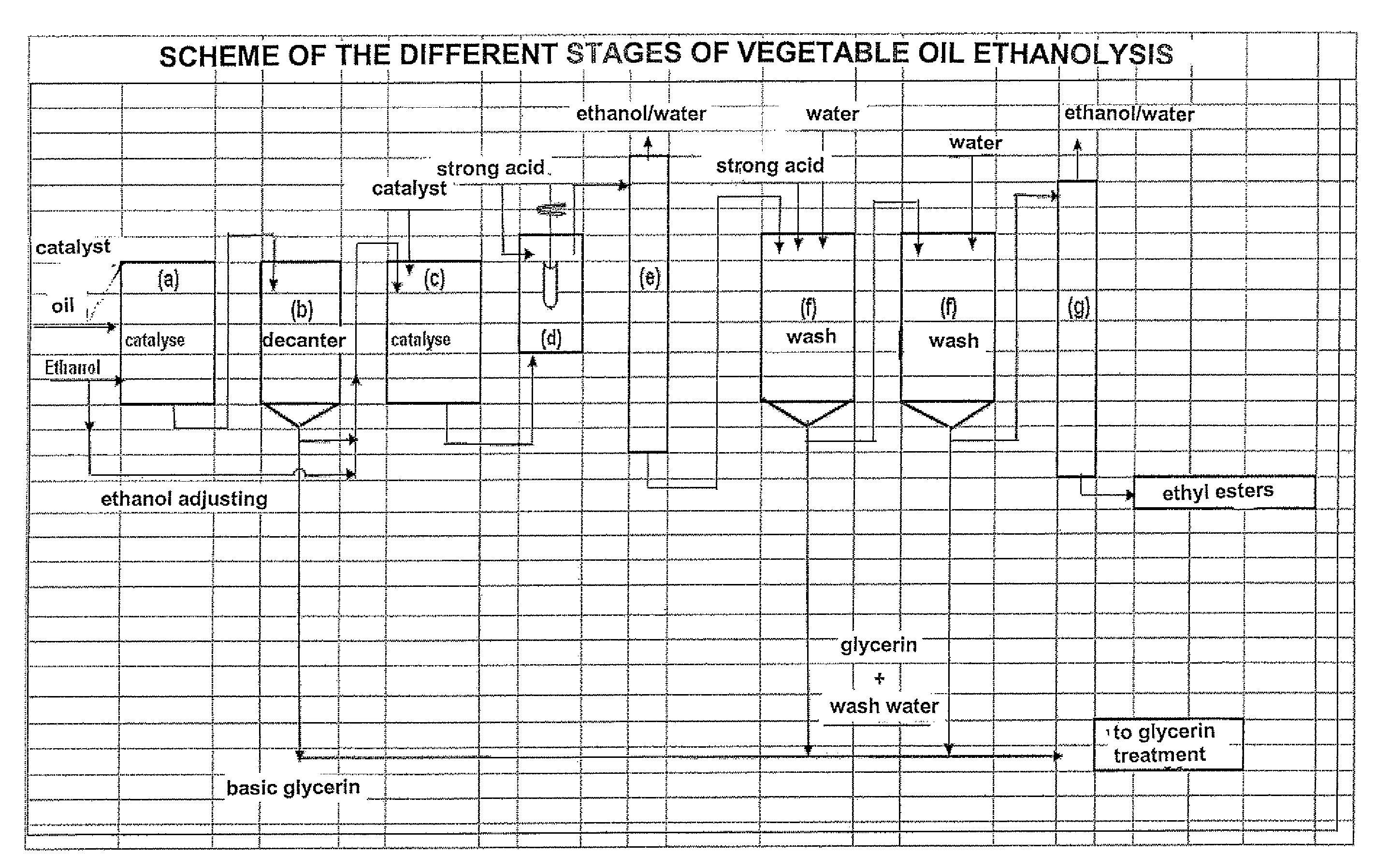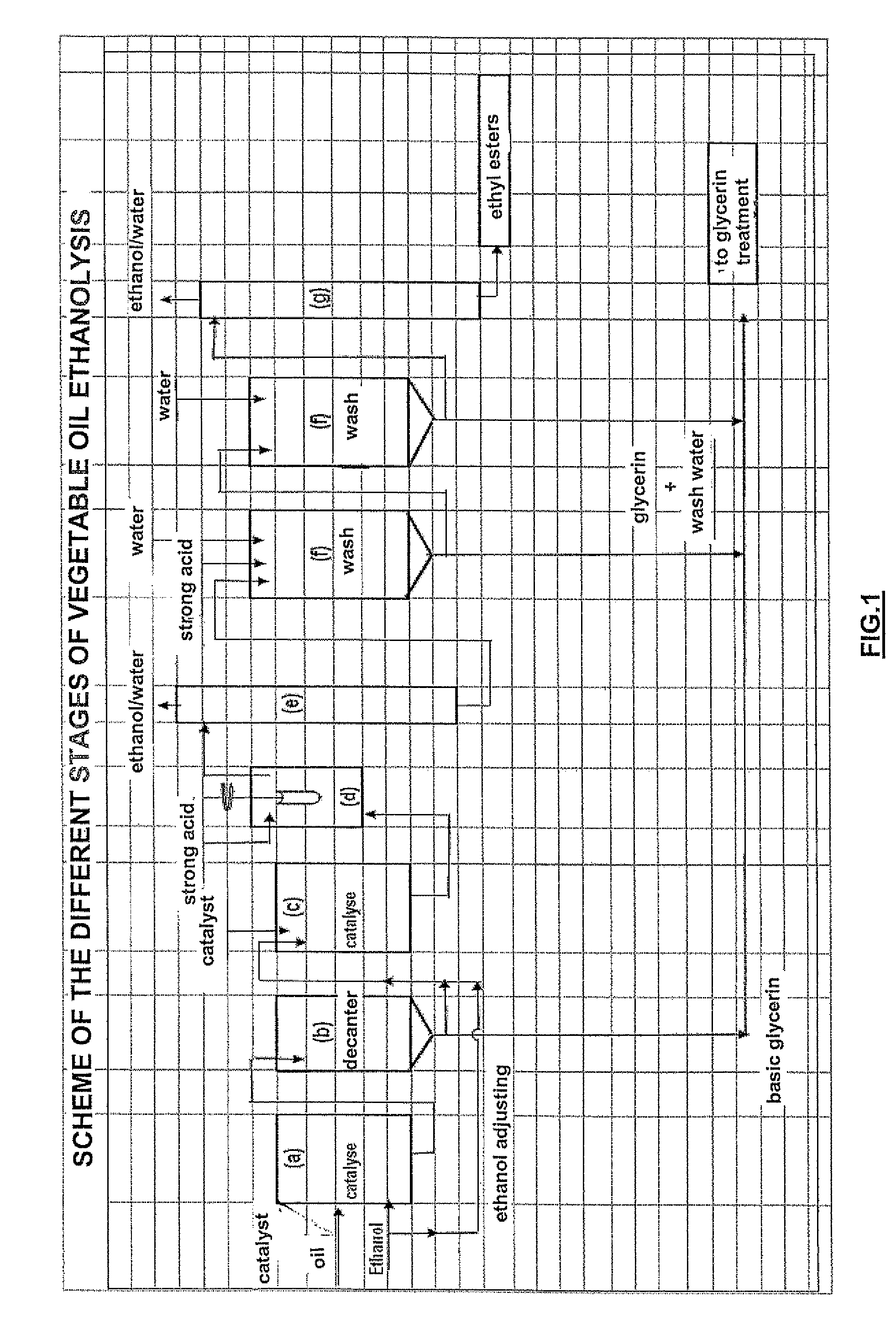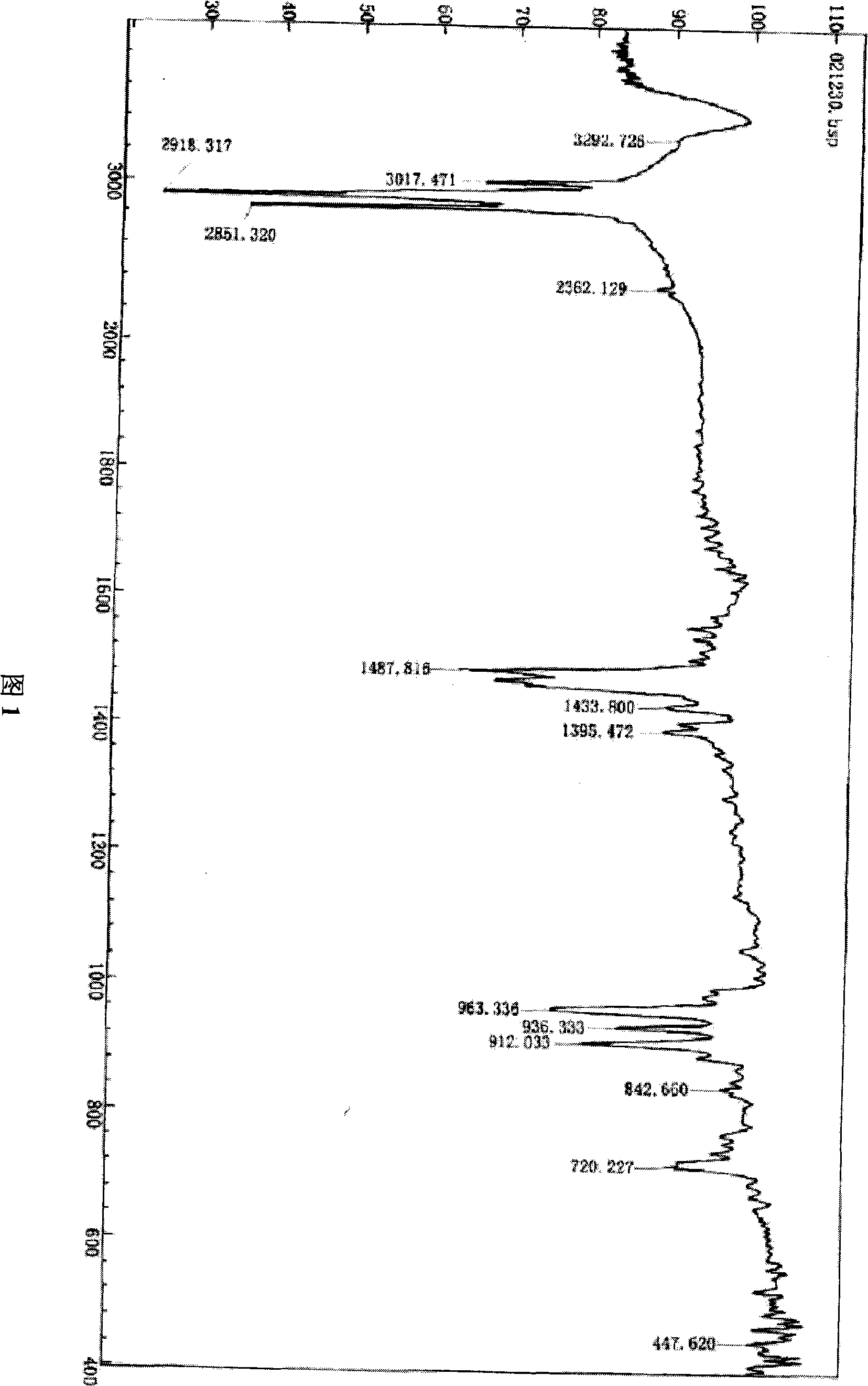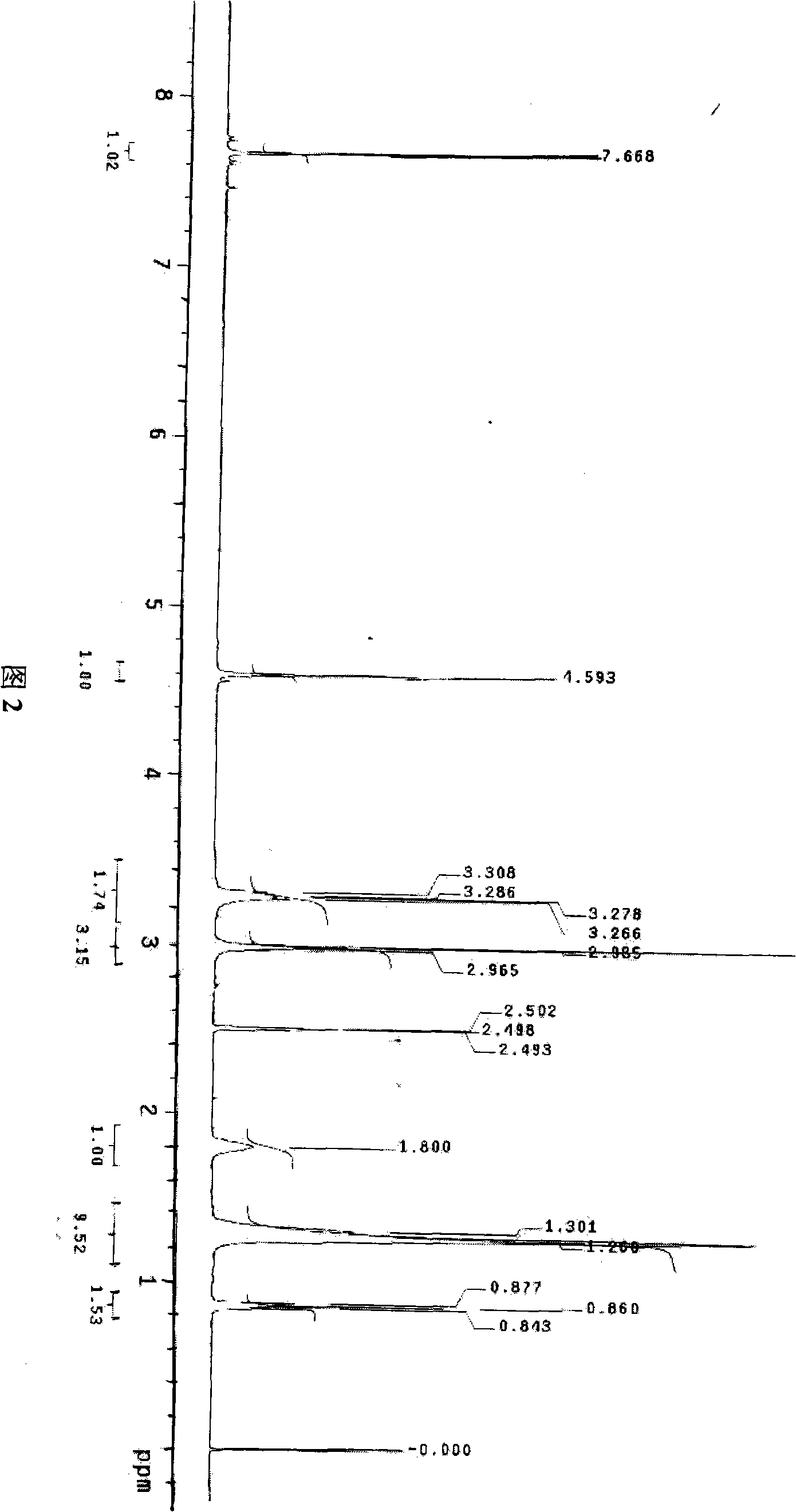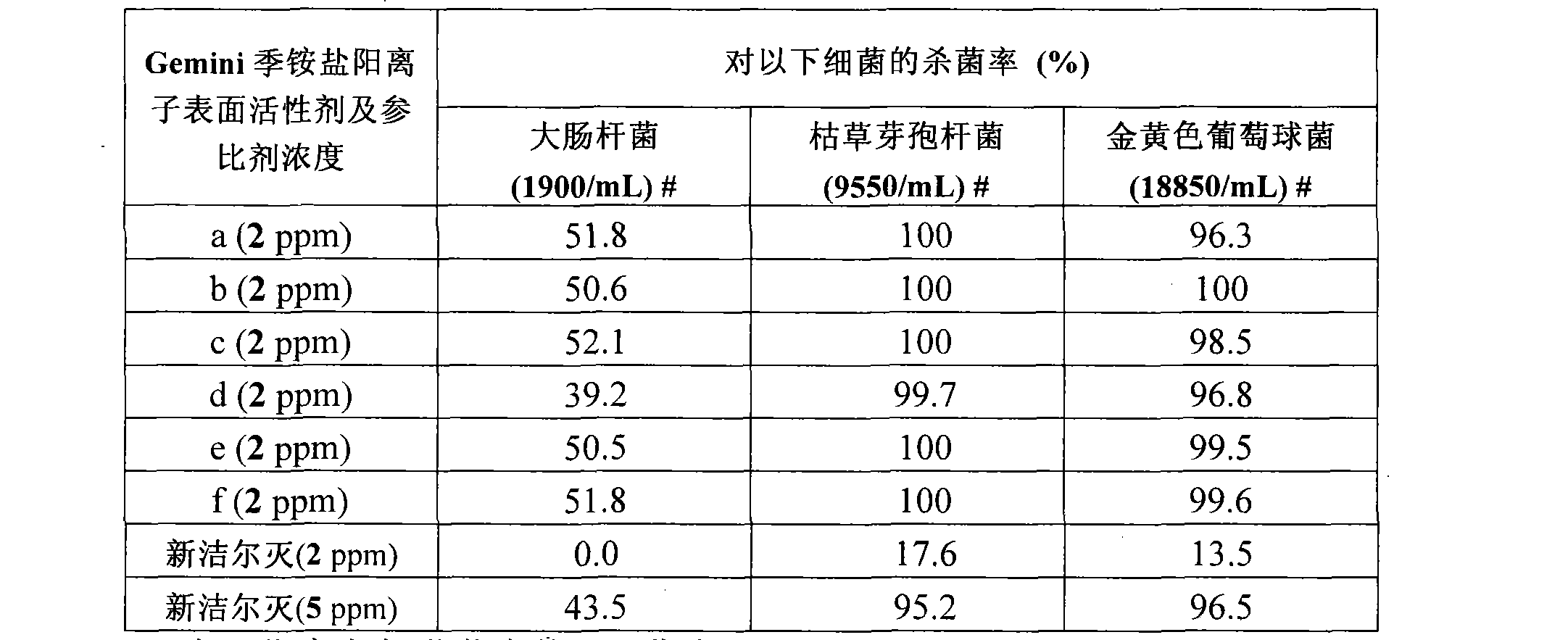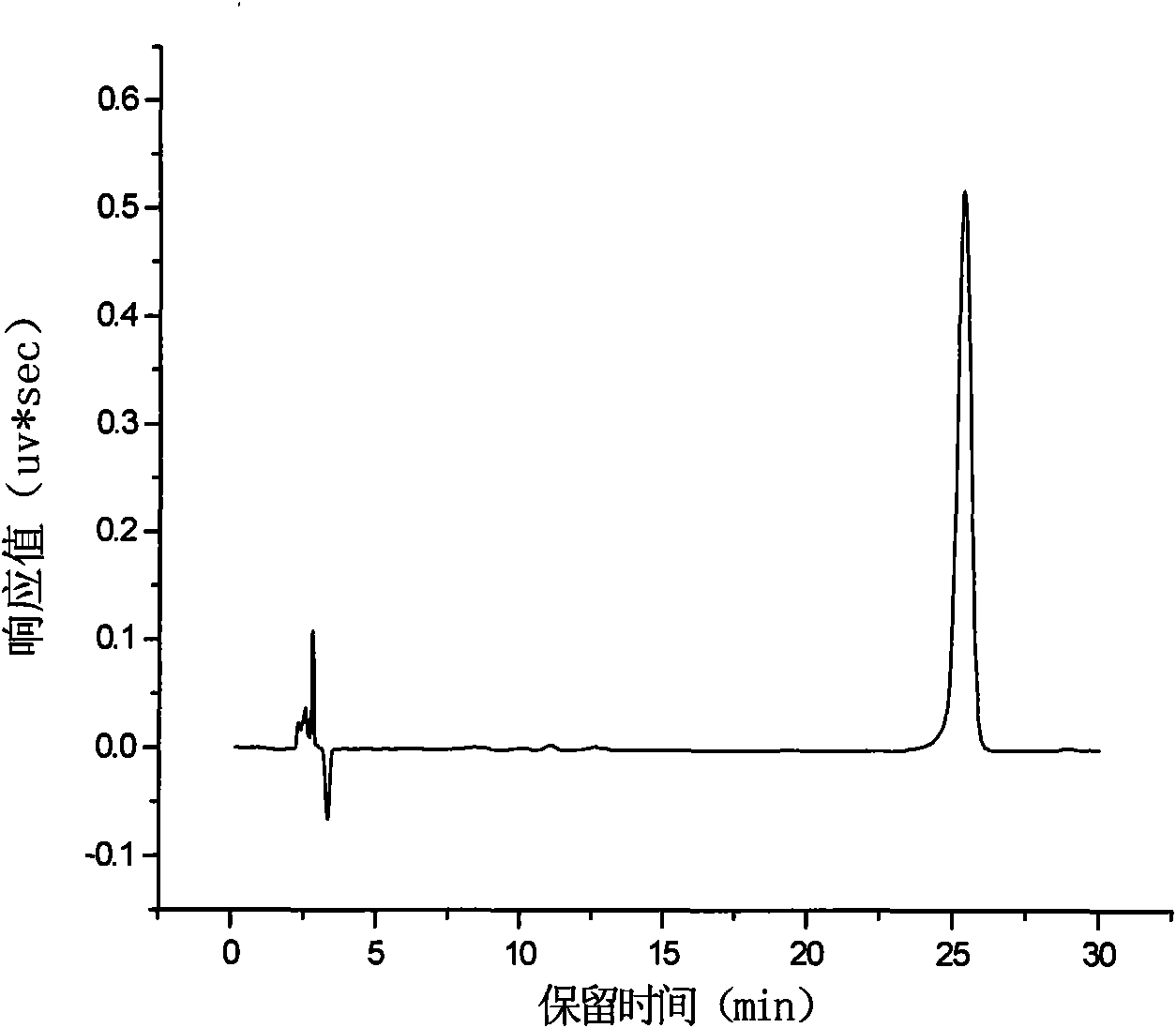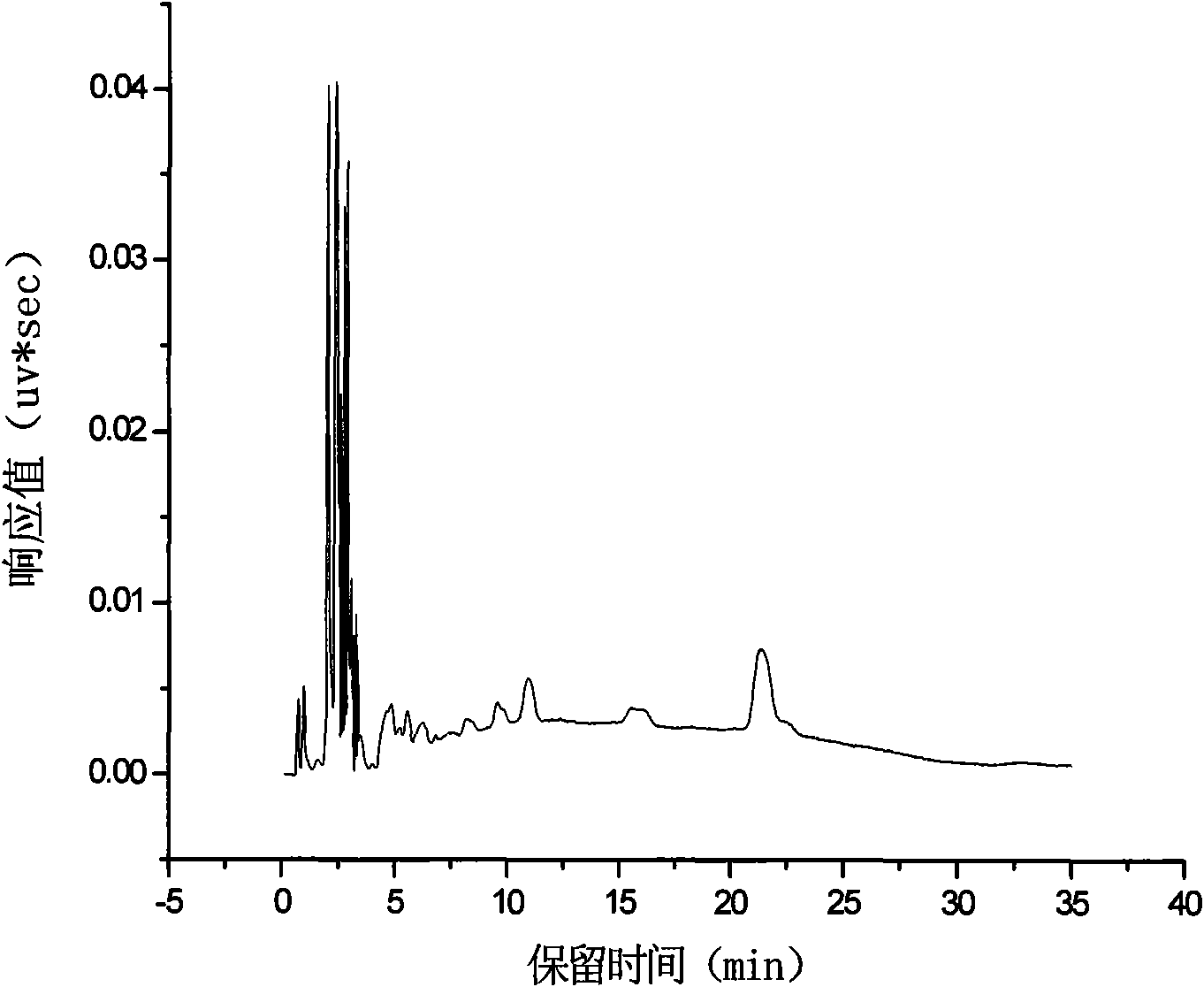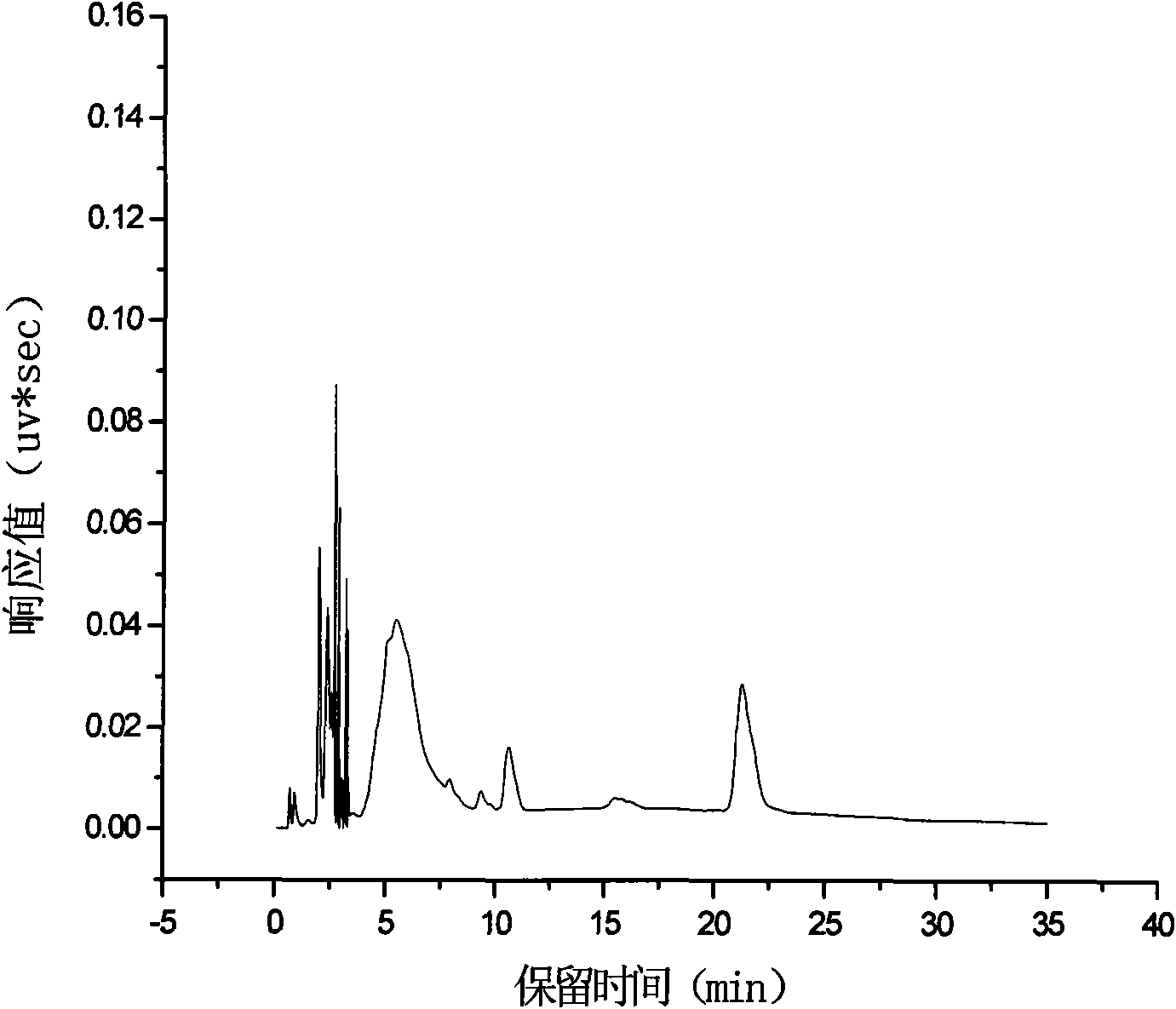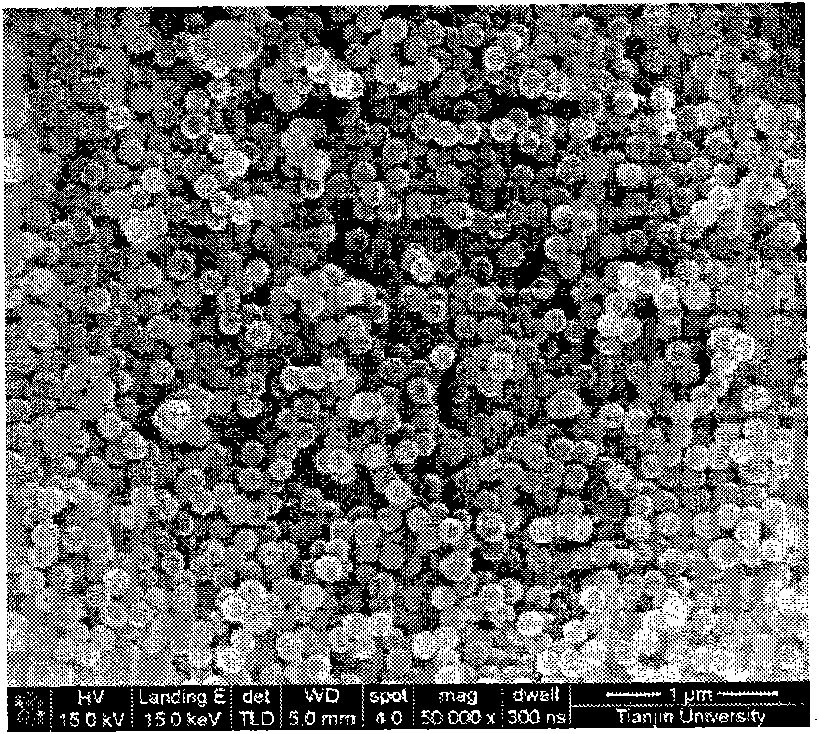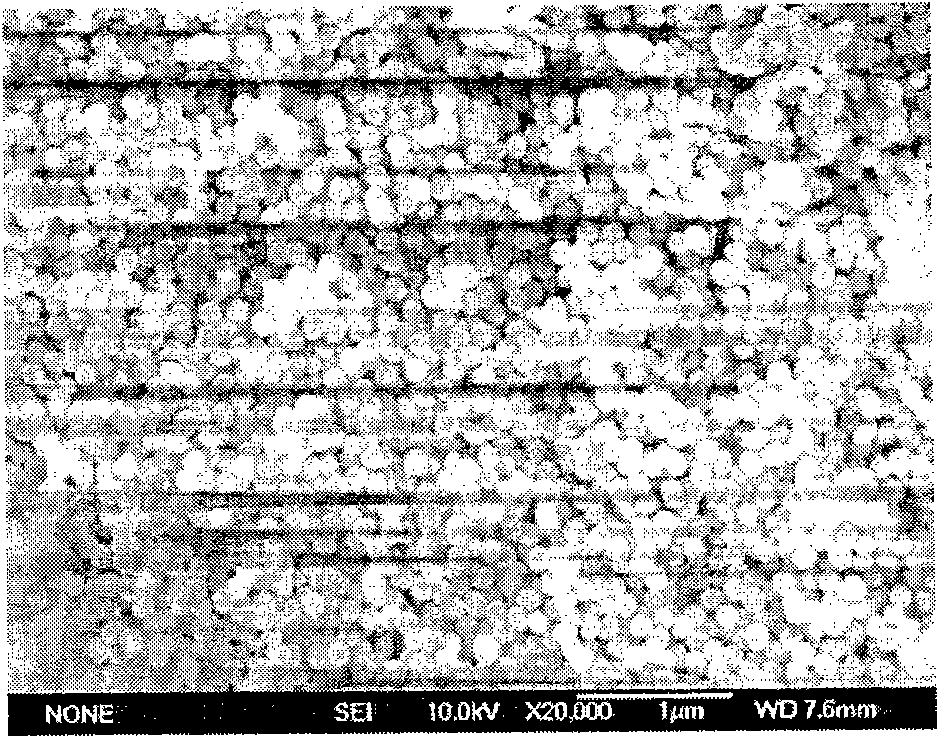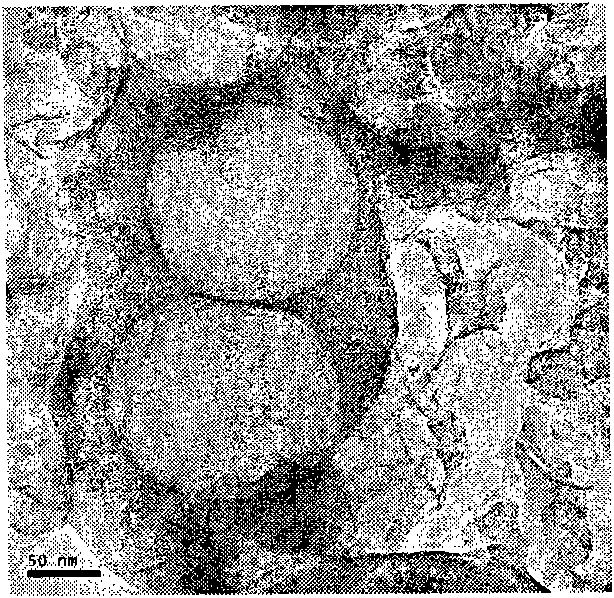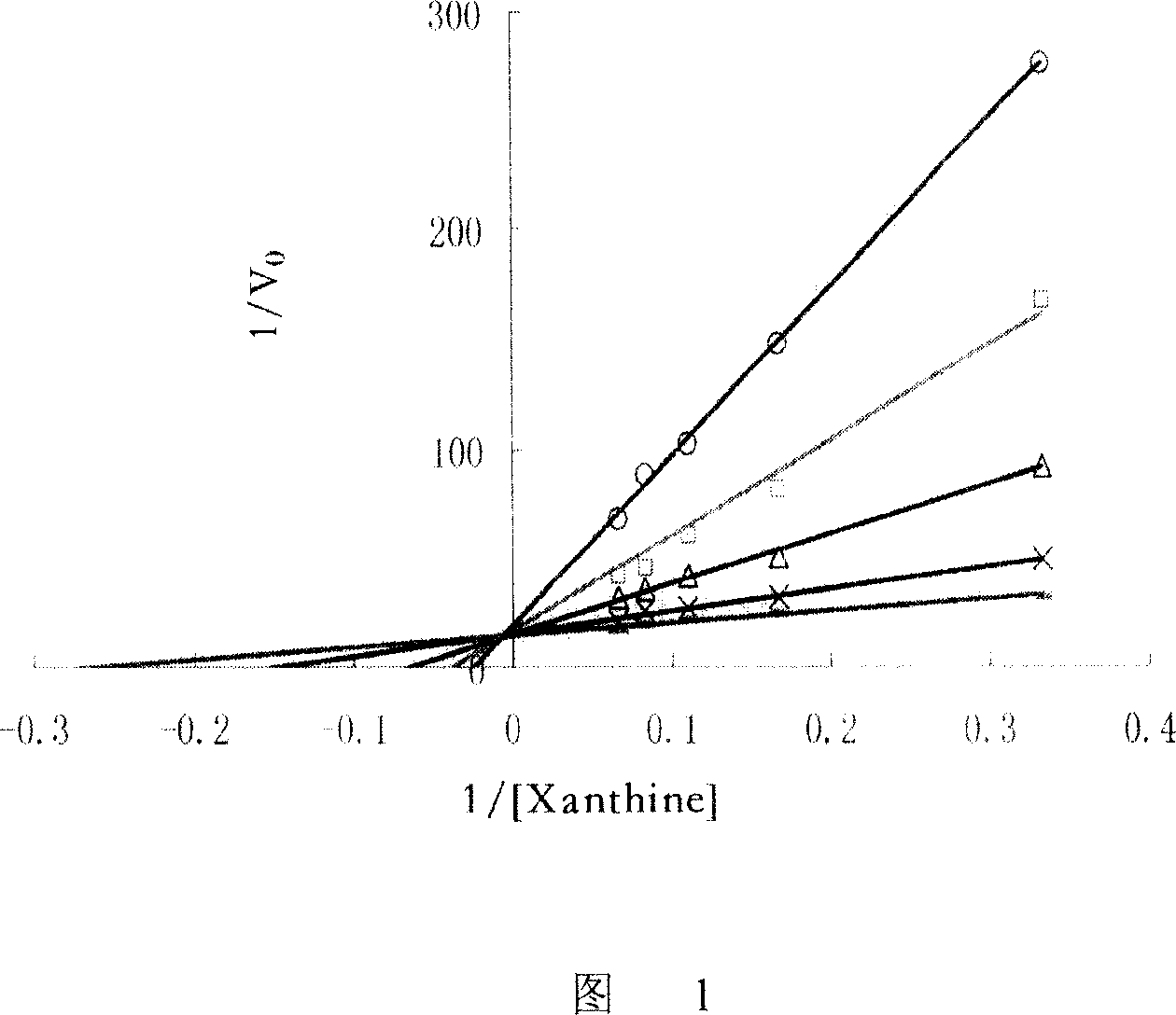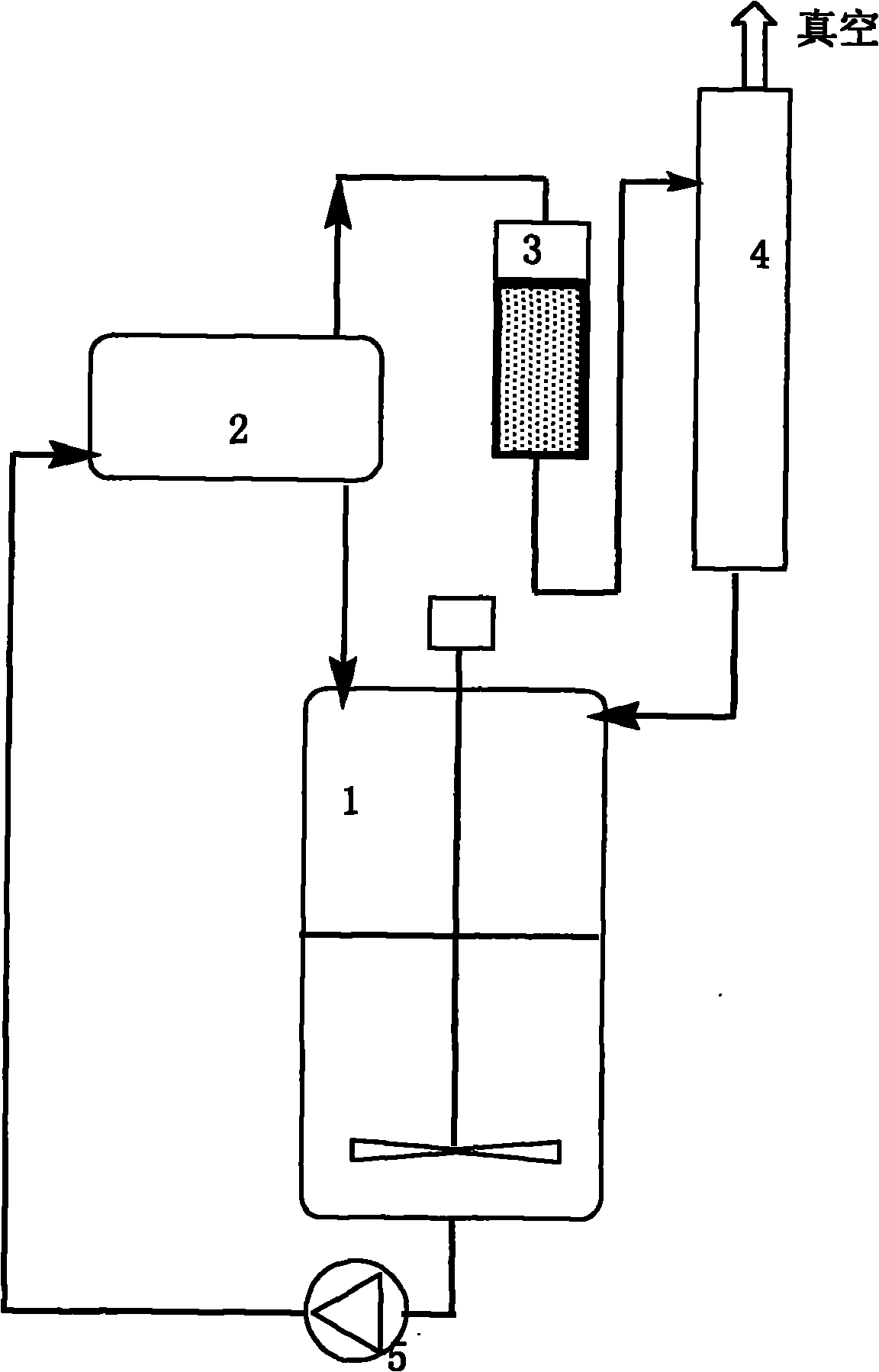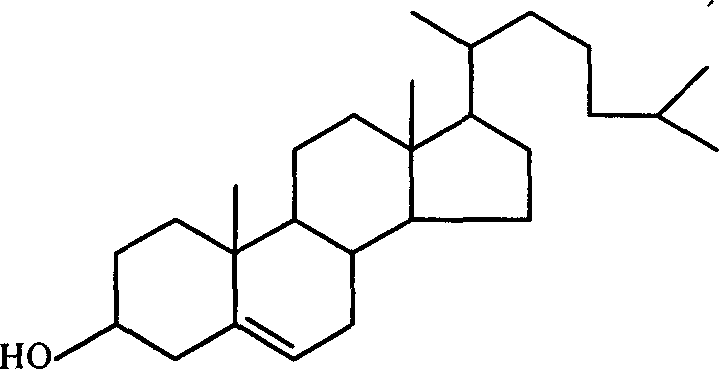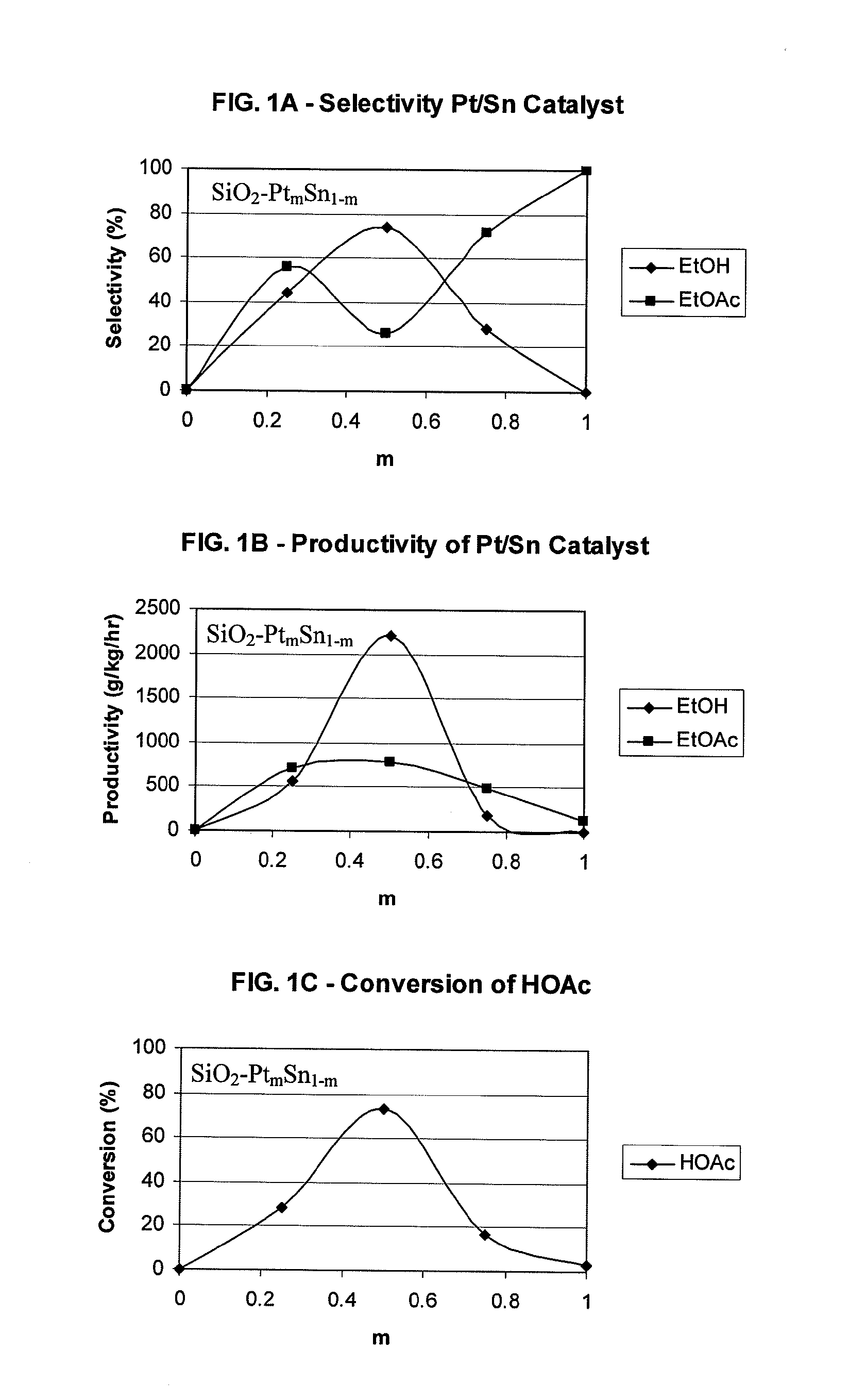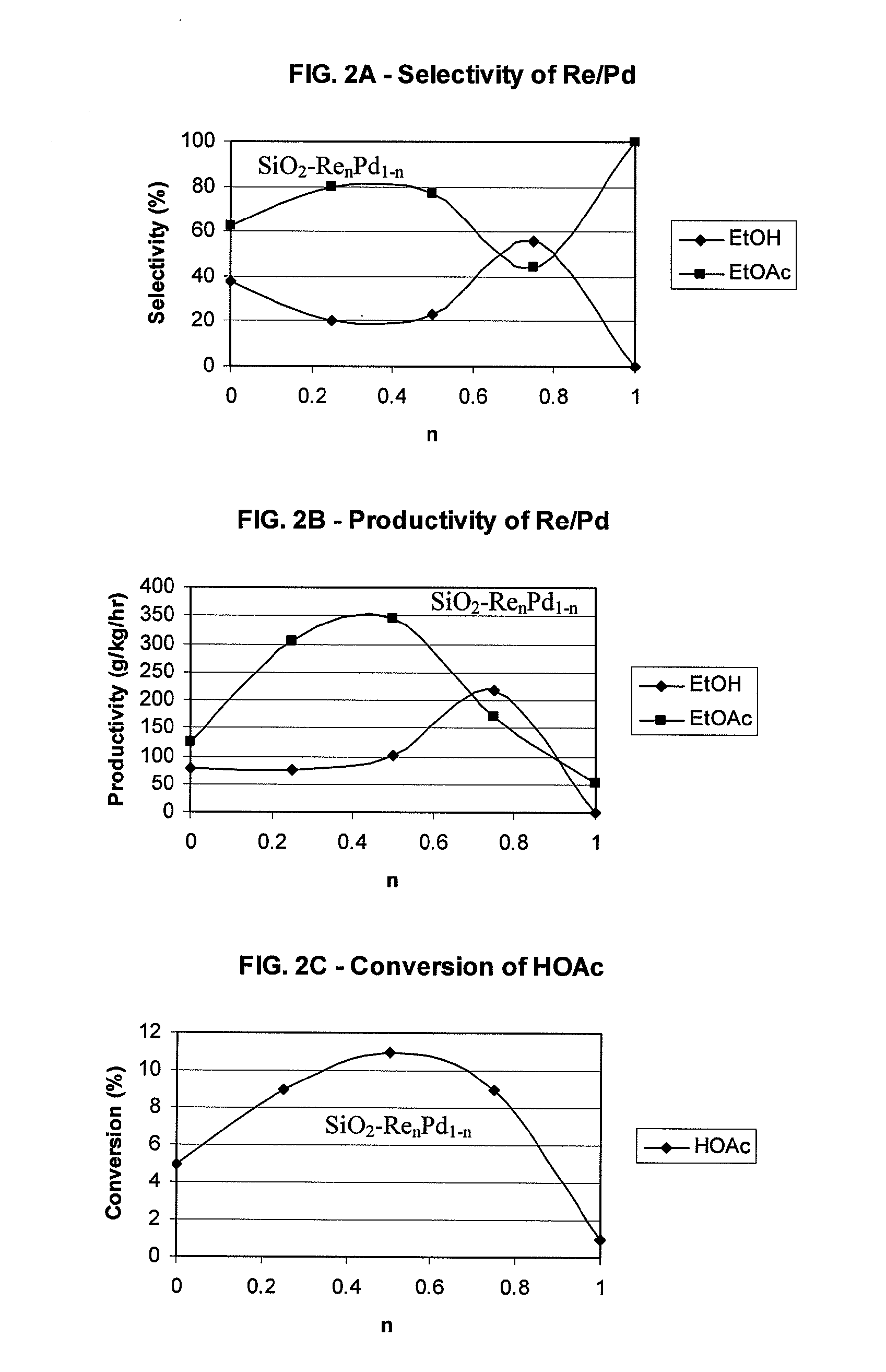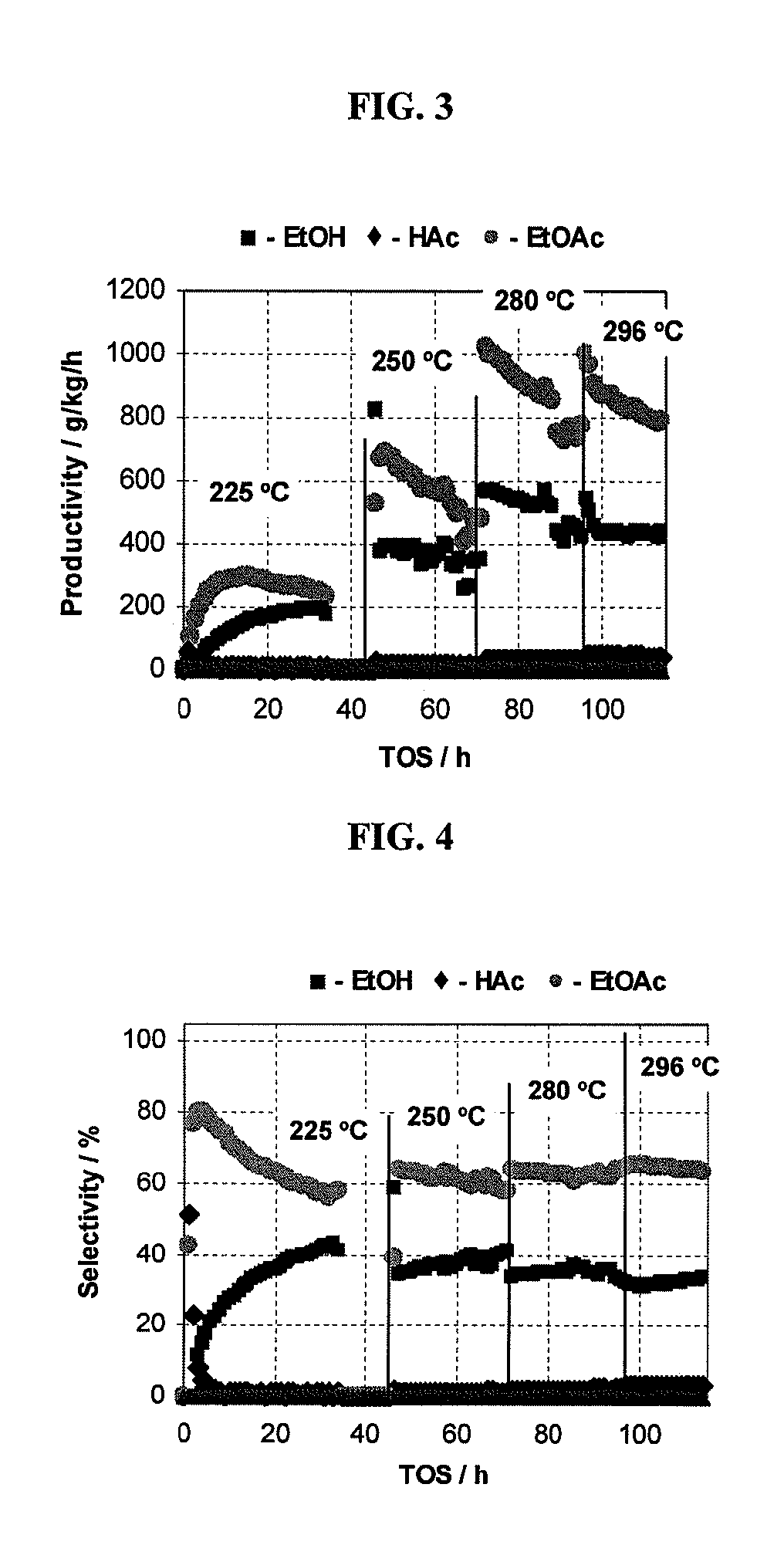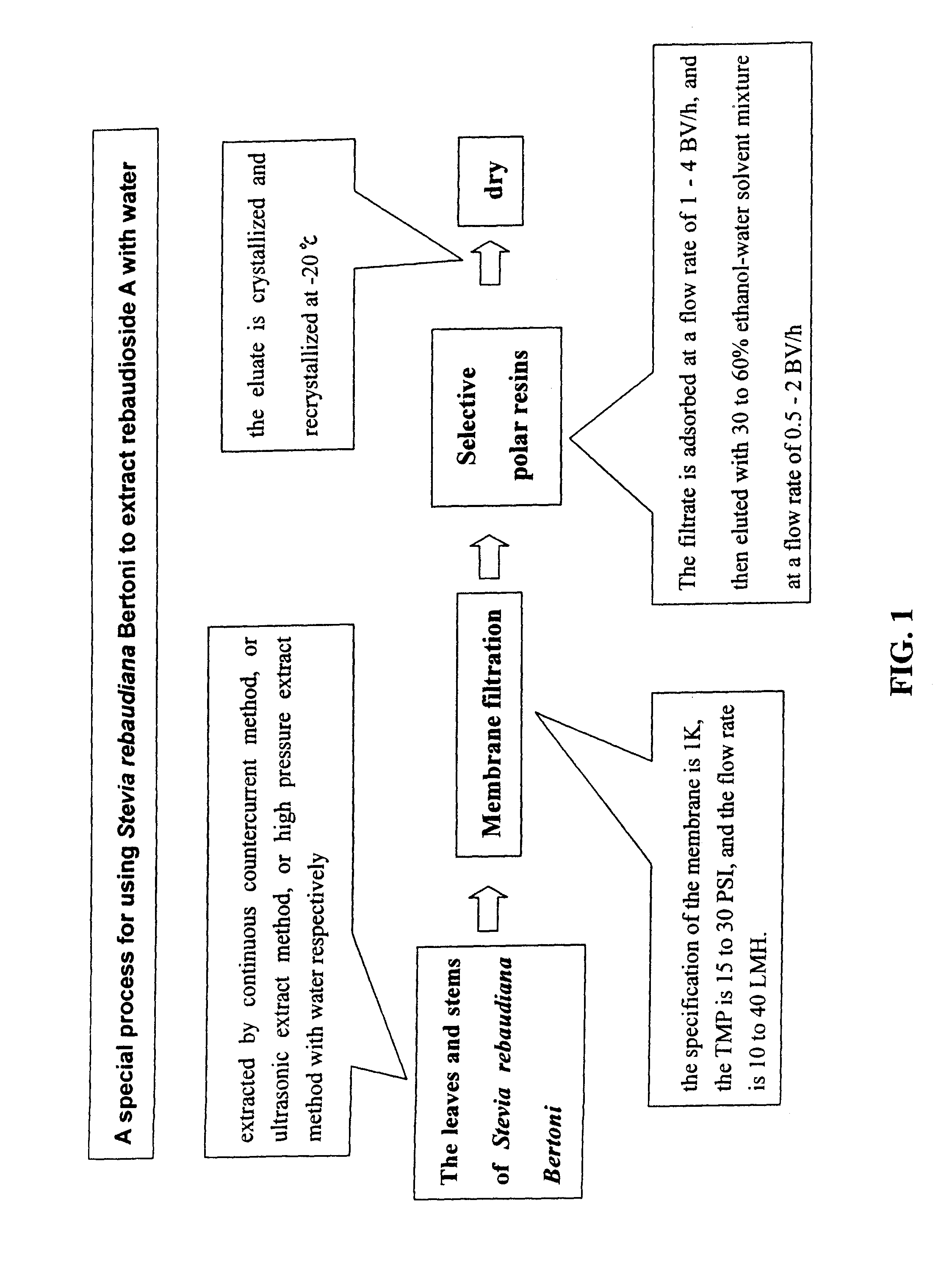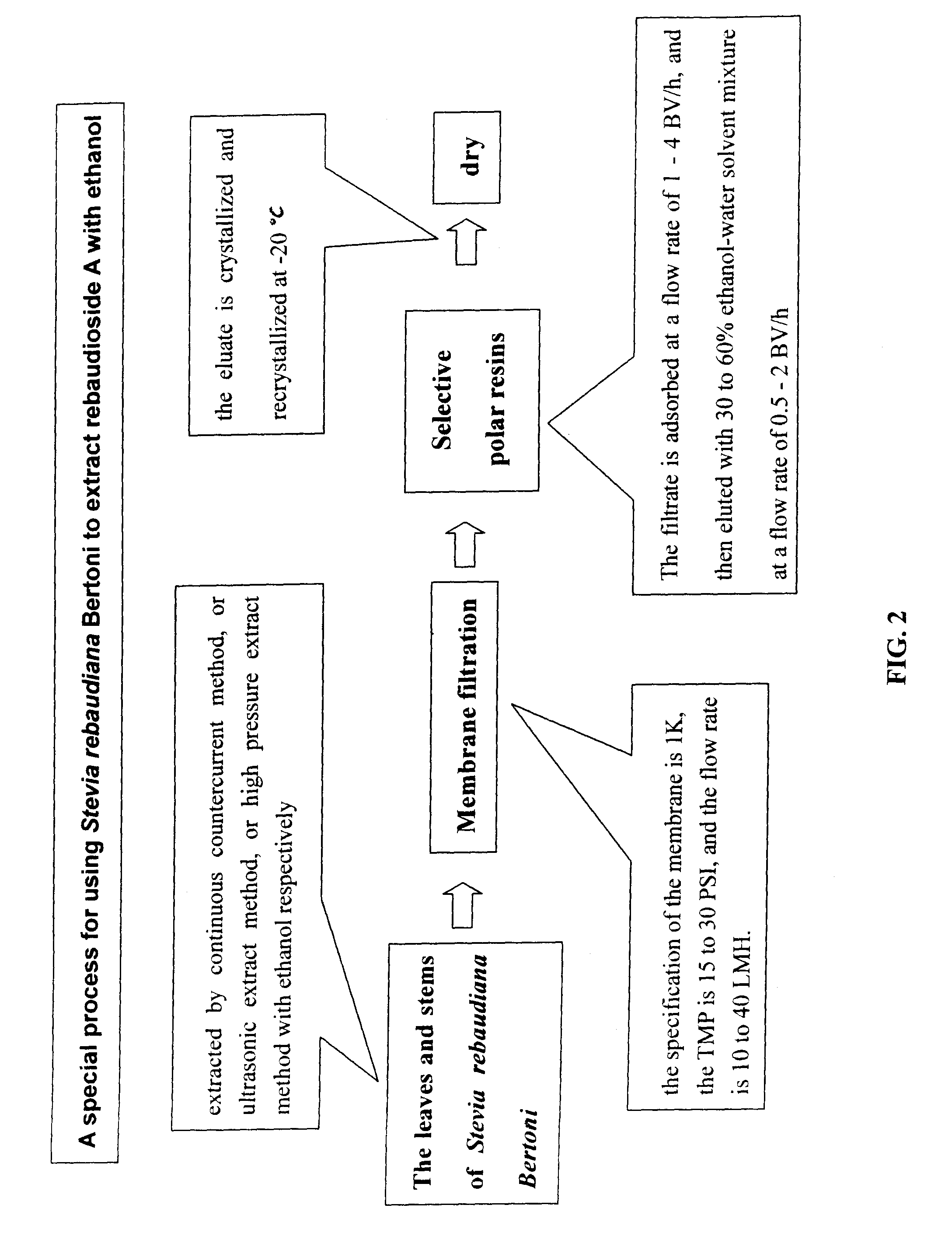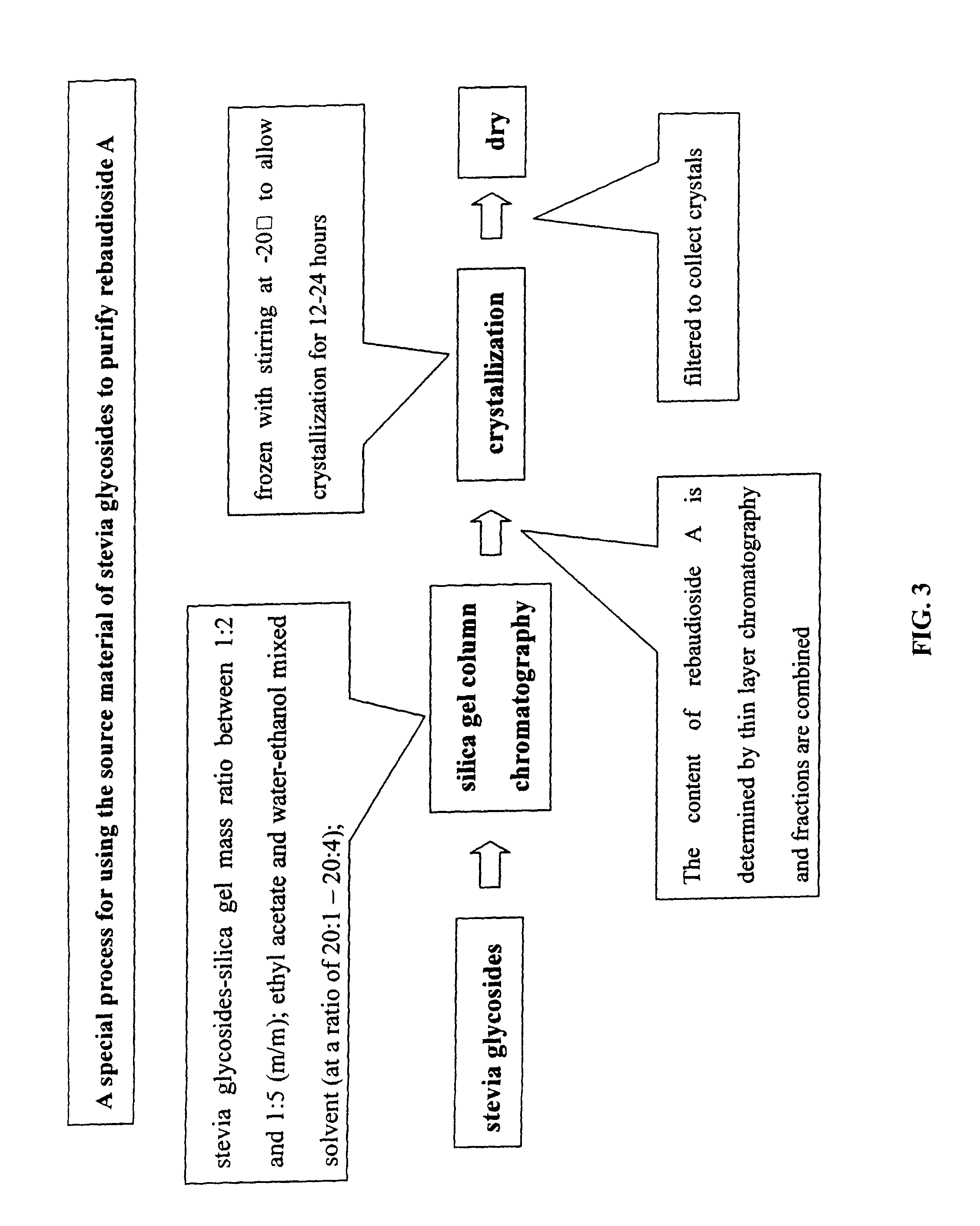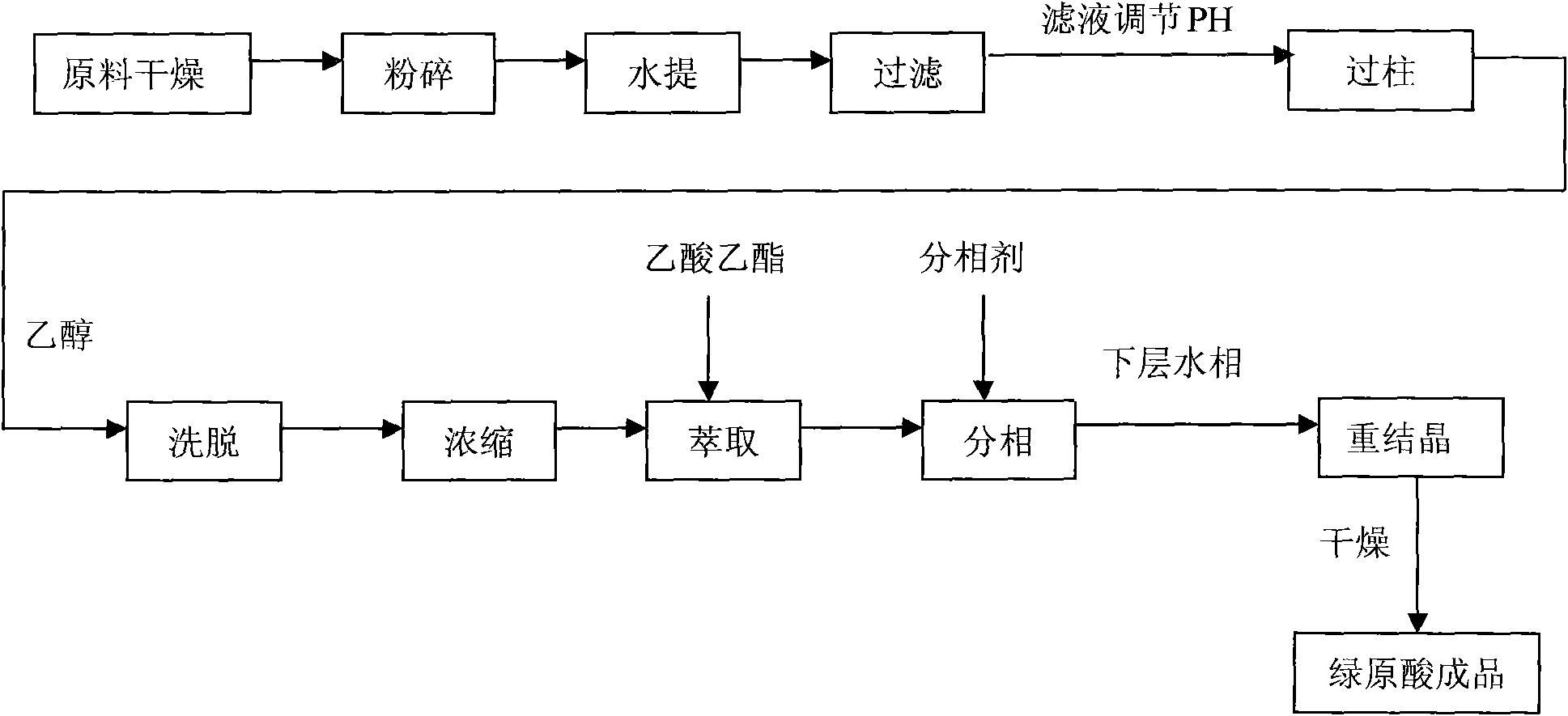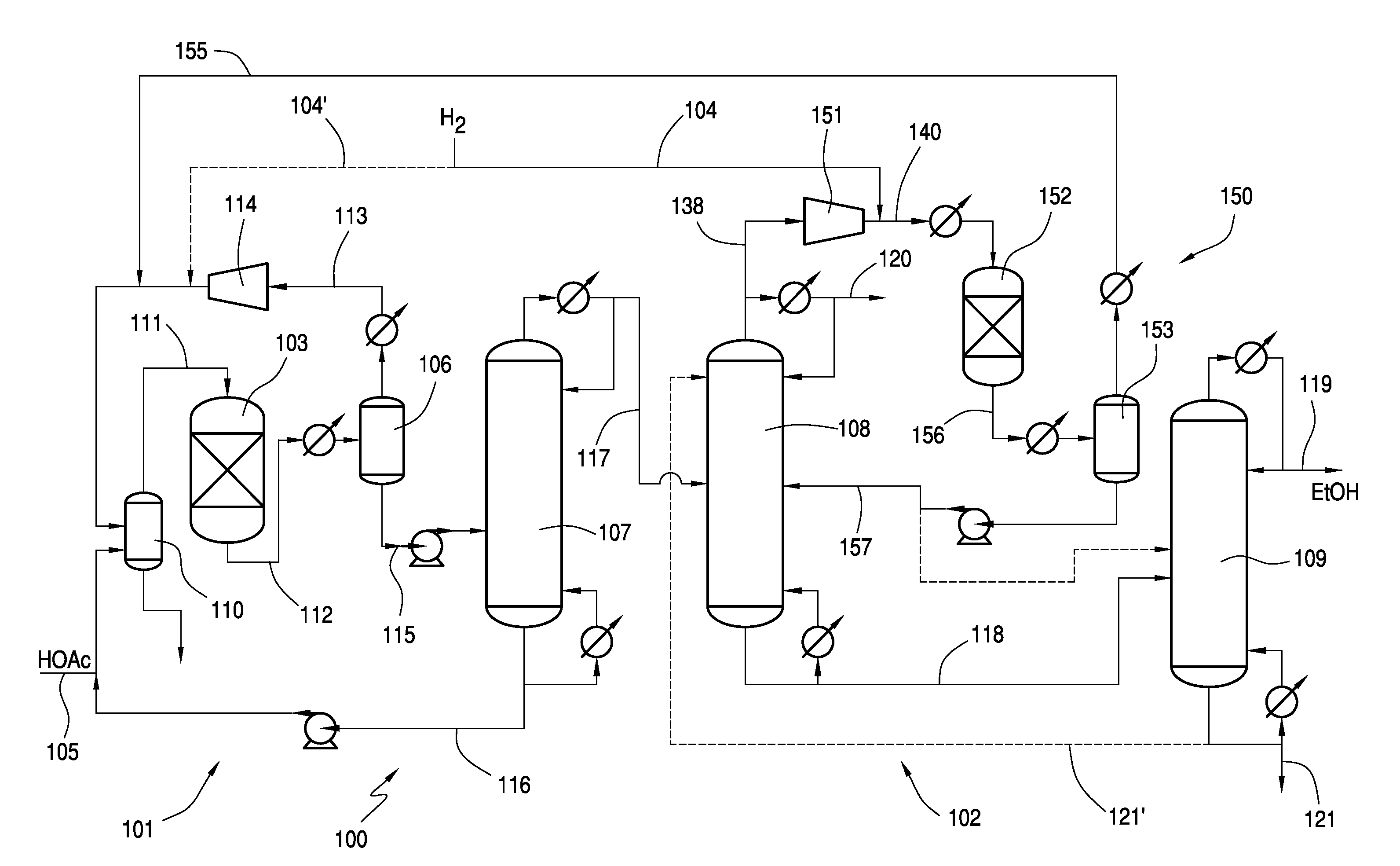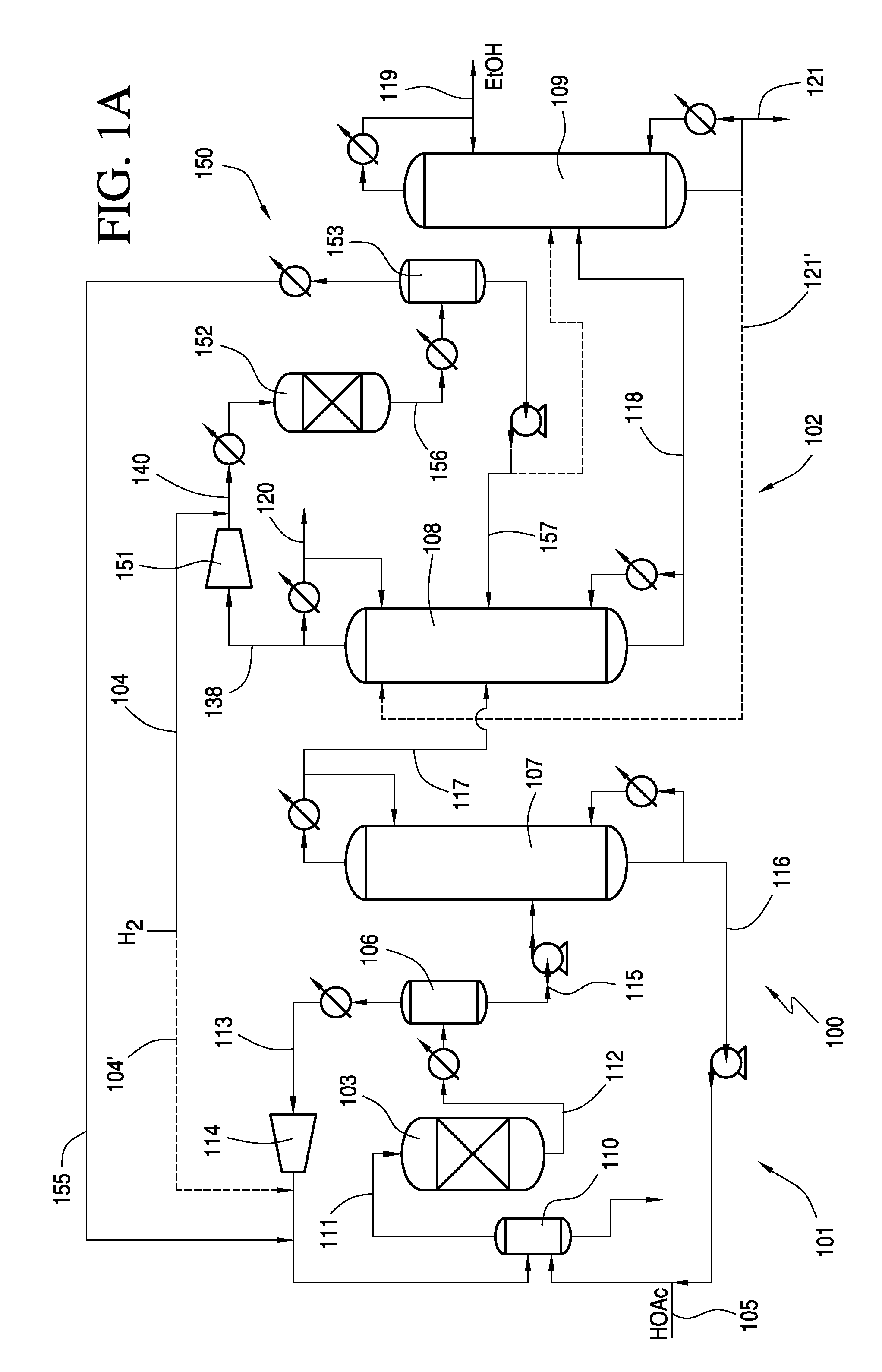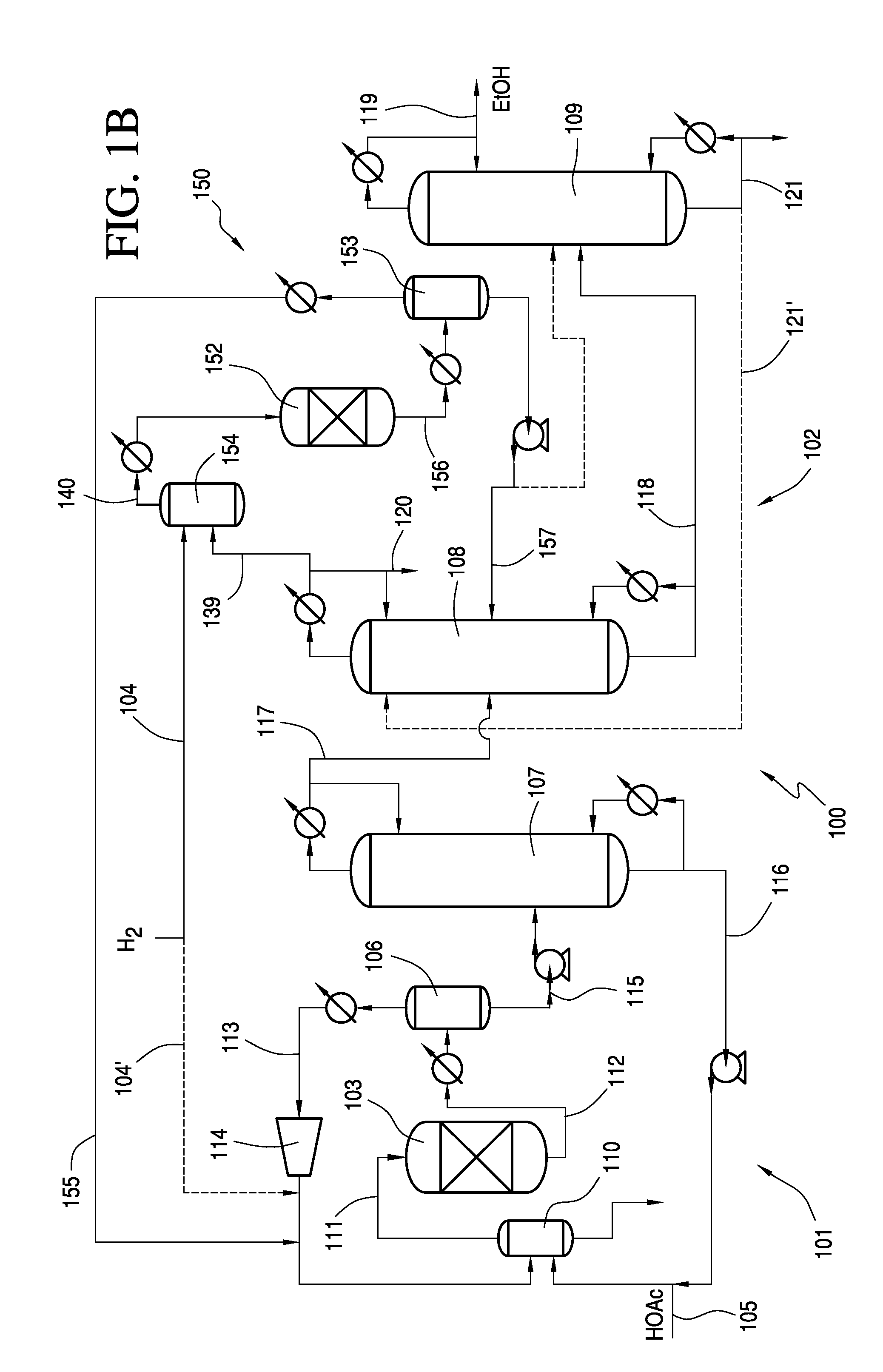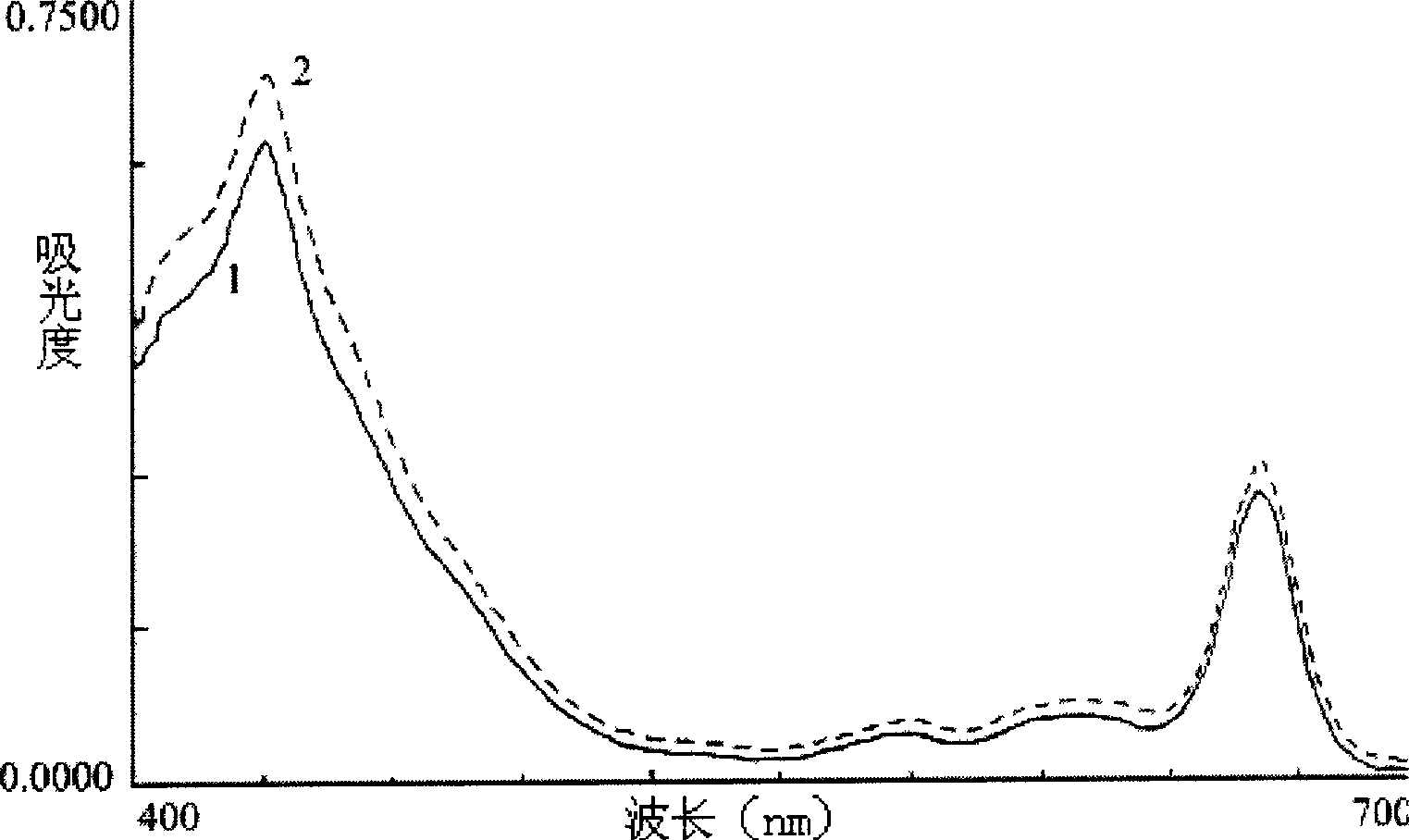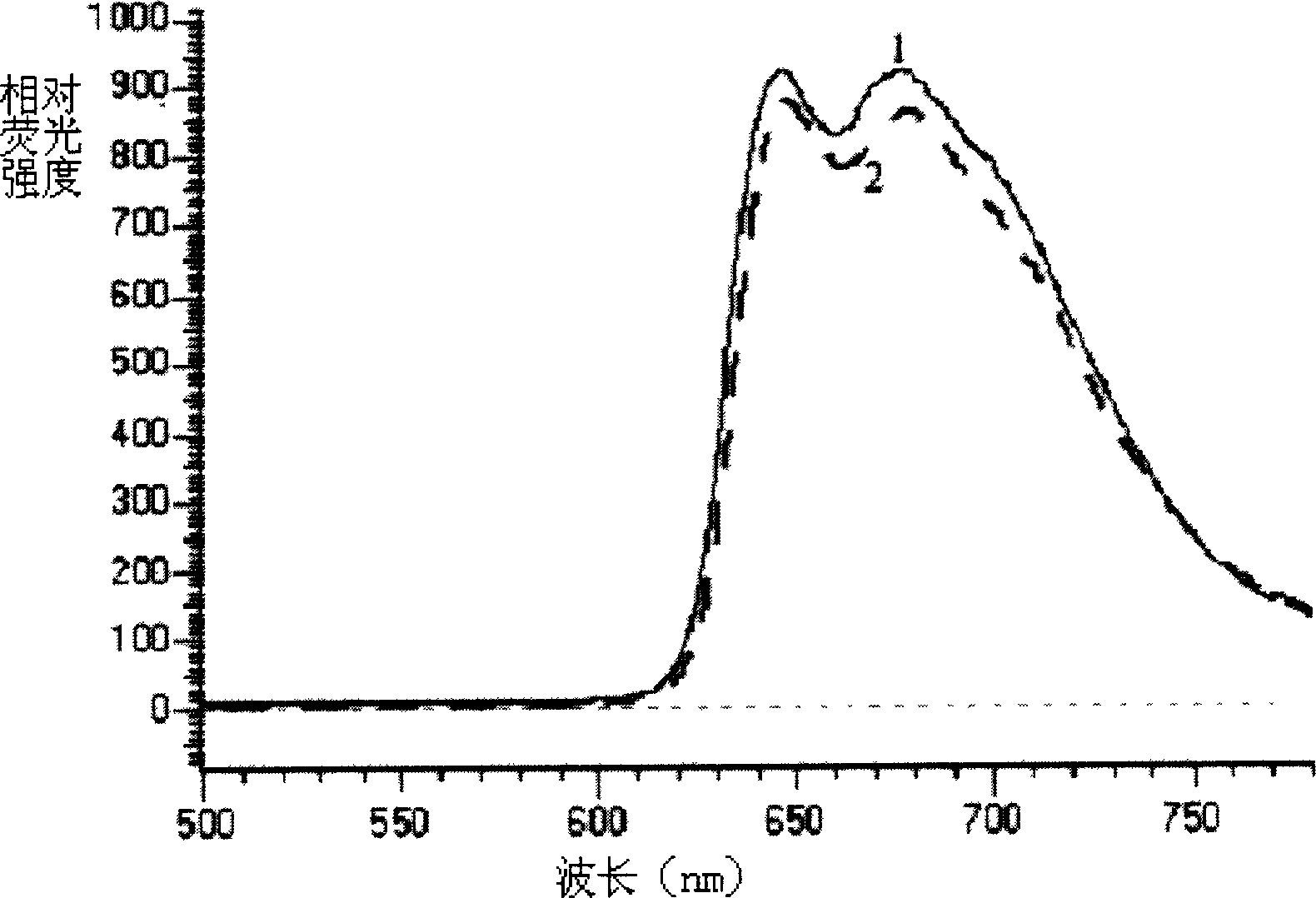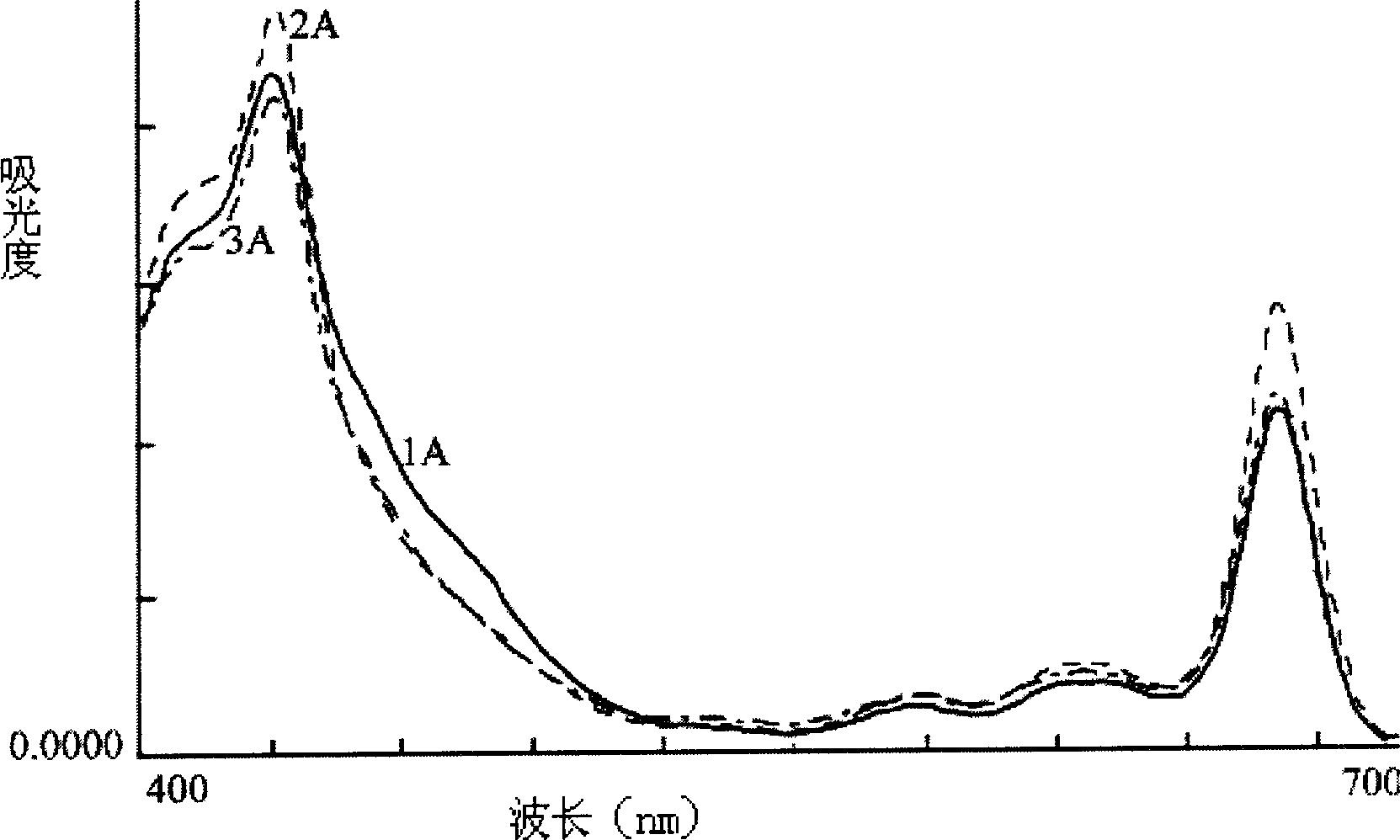Patents
Literature
Hiro is an intelligent assistant for R&D personnel, combined with Patent DNA, to facilitate innovative research.
4108 results about "Ethyl fumarate" patented technology
Efficacy Topic
Property
Owner
Technical Advancement
Application Domain
Technology Topic
Technology Field Word
Patent Country/Region
Patent Type
Patent Status
Application Year
Inventor
Diethyl fumarate concentrations on collection surfaces increased for up to 9 days following aerial spraying of malathion in 1990 in California to control the Mediterranean fruit fly; diethyl fumarate is a breakdown chemical of this pesticde(1).
Ethylene production from acetic acid utilizing dual reaction zone process
A process for selective formation of ethylene from acetic acid includes contacting a feed stream containing acetic acid and hydrogen at an elevated temperature with a first catalytic composition including a suitable hydrogenating catalyst in a first reaction zone to form an intermediate mixture including ethanol and ethyl acetate; and subsequently reacting the intermediate mixture over a suitable dehydrating and / or cracking catalyst in a second reaction zone to form ethylene. Selectivities of ethylene of over 80% are achieved.
Owner:CELANESE INT CORP
Method of producing ethyl acetate
InactiveUS20090005588A1Good dispersionWell mixedOrganic compound preparationRotary stirring mixersAcetic acidReaction temperature
Methods and systems for the production of ethyl acetate are described herein. The methods and systems incorporate the novel use of a high shear device to promote dispersion and mixing of a carbonyl co-reactant (e.g. acetic acid, acetaldehyde) with ethanol. The high shear device may allow for lower reaction temperatures and pressures and may also reduce reaction time with existing catalysts.
Owner:HRD CORP
Integrated process for the production of viny acetate from acetic acid via ethy acetate
This invention provides an integrated three step economical process for the production of vinyl acetate monomer (VAM) from acetic acid in the vapor phase. First, acetic acid is selectively hydrogenated over a hydrogenating catalyst composition to form ethyl acetate which is cracked to form ethylene and acetic acid in the second step and in a subsequent step so formed ethylene and acetic acid is reacted with molecular oxygen over a suitable catalyst to form VAM. In an embodiment of this invention reaction of acetic acid and hydrogen over platinum and copper supported on silica selectively produces ethyl acetate in a vapor phase at a temperature of about 250° C., which is cracked over a NAFION catalyst to form ethylene and acetic acid at a temperature of about 185° C., which is mixed with molecular oxygen and reacted over a palladium / gold / potassium catalyst supported on titania to form VAM at a temperature of about 150° C. to 170° C.
Owner:CELANESE INT CORP
2-(3-cyano-4-isobuoxy phenyl)4-methyl-5-thiazole aminic acid crystal and preparation method thereof
The present invention discloses two crystal models and the preparation method of the anti-hyperuricemia drug 2-(3-ayano-4-isobuoxy phenyl)-4-methyl-5- thiazole acid. The preparation method of the crystal models commonly uses the low-toxicity ethanol, ethyl acetate or acetone as the solvent; the safety is relatively high. In addition, the hygroscopicity of the two crystal models is low in the high-humidity environment and the two crystal models are suitable for the steady pharmaceutical preparation.
Owner:SHANGHAI INST OF PHARMA IND CO LTD +1
Processes for making ethyl acetate from acetic acid
InactiveUS20100197959A1High selectivityDecrease productivityOther chemical processesOrganic compound preparationAcetic acidEthyl ester
A process for hydrogenating acetic acid to form of ethyl acetate and mixtures of ethyl acetate and ethanol. The hydrogenation is done in the presence of catalyst, preferably on a support that optionally includes a support modifier.
Owner:CELANESE INT CORP
Applicator liquid containing ethyl lactate for preparation of nanotube films
ActiveUS20050269554A1High puritySuitable for useMaterial nanotechnologyNanoinformaticsEthyl esterNanotube membrane
Certain applicator liquids and application techniques are described, which can be used to form nanotube films or fabrics of controlled properties. An applicator liquid for preparation of a nanotube film or fabric includes a controlled concentration of nanotubes dispersed in ethyl lactate. The controlled concentration is sufficient to form a nanotube fabric or film of preselected density and uniformity.
Owner:ZEON CORP
Method for preparing benzoxazine intermediate containing triazine structure
The invention provides a preparation method of triazine structure containing benzoxazine intermediate, which sequentially includes: (1) performing synthetic reaction of aldehyde compound and amine compound at a molar ratio of at least 1:1 which includes adding aldehyde compound and solvent of at least one of clean water, methanol, ethanol, isopropanol, and ethyl acetate into a reactor at the room temperature under the normal pressure to obtain mixed solution with aldehyde mass concentration of no greater than 95%, adding amine compound while stirring, and reacting at 0-100 DEG C under the normal pressure for at least 15 minutes to obtain the reactant liquor; (2) pouring into the cleaning solution, stirring and cleaning, and filtering to collect solid substance, or directly filtering the reactant liquor to collect the solid substance; and (3) drying the solid substance obtained in step (2) at 30-100 DEG C.
Owner:SICHUAN UNIV
Synthetic methods of 3,6-bis(4-bisfumaroyl aminobutyl)-2,5-diketopiperazine and salt substitute thereof
The invention relates to two synthetic methods of 3,6-bis(4-bisfumaroyl aminobutyl)-2,5-diketopiperazine and a salt substitute thereof. The first synthetic method comprises the following steps of: obtaining a final product through the steps of cyclodehydration, hydrogenation, coupling, saponification, recrystallization and the like by using epsilon-benzoyloxycarbonyl-L-lysine and p-nitryl monoethyl fumarate as starting materials. The second synthetic method comprises the following steps of: obtaining the final product through the steps of cyclodehydration, coupling, saponification, recrystallization and the like by using N-6-trifluoroacetyl-L-lysine and the p-nitryl monoethyl fumarate (or p-nitryl monoethyl fumarate acyl chloride) as the starting materials. Meanwhile, the salt substitute of the 3,6-bis(4-bisfumaroyl aminobutyl)-2,5-diketopiperazine can also be generated by directly carrying out substitution reaction on the 3,6-bis(4-bisfumaroyl aminobutyl)-2,5-diketopiperazine as a reaction product and corresponding salt.
Owner:于清
2-cyano-3-amino-3-ethyl phenylacrylate used for prevention and control of plant disease and elimination of pests
Owner:JIANGSU PESTICIDE RES INST
Process for extracting tea polyphenol, theanine, tea polysaccharide and tea pigment from tea
InactiveCN1837201AHigh purityReduce labor intensityCarboxylic acid amide separation/purificationBulk chemical productionForeign matterPhenolic content in tea
The invention discloses an extracting polyphenol, theanine, tea polysaccharide and tea pigment method from tea, which is characterized by the following: using deionized water for lixiviating tea at constant temperature with continuous flow upstream at multi-speed; adopting microstrainer to dislodge the foreign matter of raffinate; using hyperfiltration for putting-off pectin and protein; concentrating by hyperfiltration and dehydration; extracting tea polyphenol by acetic acid ethyl ester and recovering dissolvant; stripping caffeine of extracting extract phase, pesticide residue and dissolvant by CO2 supercritical fluid; getting tea polyphenol by low-temperature nitrogen spray-drying; using alcohol separation and low temperation vacuum drying by hyperfiltration trapped fluid to prepare tea polysaccharide; separating alcohol recrystallization by basic copper carbonate and hydrogen sulfide to get theanine; using enzymatic oxidation and alkaline air to oxygenate remain polyphenols substance of liquid phantom; getting tea pigment by hyperfiltration dehydration compression and vacuum drying; merging caffeine form carbon dioxide above-critical fluid and caffeine from carrene; recovering dissolvent; using deionized water for washing; obtaining caffeine by recrystallization vacuum drying.
Owner:张守政
Methods of preparing cathode active materials for lithium secondary battery
InactiveUS6071489AEasy to optimizeHigh crystallinityMaterial nanotechnologyNon-aqueous electrolyte accumulatorsManganeseEthyl acetate
The LixMn2O4 powder for cathode active material of a lithium secondary battery of the present invention is prepared by a method of comprising the steps of mixing an acetate aqueous solution using Li acetate and Mn acetate as metal precursors, and a chelating agent aqueous solution using PVB, GA, PAA or GC as a chelating agent; heating the mixed solution at 70 DIFFERENCE 90 DEG C. to form a sol; further heating the sol at 70 DIFFERENCE 90 DEG C. to form a gel precursor; calcining the produced gel precursor at 200 DIFFERENCE 900 DEG C. for 5 DIFFERENCE 30 hours under atmosphere. The cathode active material, LixMn2O4 powder for a lithium secondary battery in accordance with the present invention has a uniform particle size distribution, a high crystallinity and a pure spinel-phase, and a particle size, a specific surface area, a lattice of a cubic structure and the like can be controlled upon the preparing conditions. The present invention also provides a method of preparing LiNi1-xCoxO2 powder, which comprises the steps of providing a gel precursor using PAA as a chelating agent and hydroxide, nitrate or acetate of Li, Co and Ni as metal precursors; heating the gel precursor at 200 DIFFERENCE 900 DEG C. for 5 DIFFERENCE 30 hours to form a powder. The LixMn2O4 and LiNi1-xCoxO2 powder of the present invention can be used for a cathode active material of a lithium secondary battery such as a lithium ion battery or lithium polymer battery.
Owner:SAMSUNG DISPLAY DEVICES CO LTD
Direct and selective production of ethyl acetate from acetic acid utilizing a bimetal supported catalyst
A process for the selective production of ethyl acetate by vapor phase reaction of acetic acid over a hydrogenating catalyst composition to form ethyl acetate is disclosed and claimed. In an embodiment of this invention reaction of acetic acid and hydrogen over platinum and copper supported on silica selectively produces ethyl acetate in a vapor phase at a temperature of about 250° C.
Owner:CELANESE INT CORP
High concentration topical insecticide
A topical insecticide is provided which can be safe to use and avoids many common deleterious side effects of conventional topical insecticides. In one preferred embodiment of the invention, the active ingredient of the insecticide formulation is an amine derivative, having a nitro-methylene group, a nitroamino group or a cyanoamino group, which can be formulated to have low toxicity and excellent insecticidal activity. One particularly suitable insecticide is 1-{(tetrahydro-3-furanyl)methyl}-2-nitro-3-methylguanidine (dinotefuran), an aldulticide that will kill adult fleas, dissolved in phenyl methanol or ethanol and ethyl lactate.
Owner:CEVA ANIMAL HEALTH
Refined method for manufacturing ethyl esters from fatty substances of natural origin
InactiveUS7652156B2Fatty oils/acids recovery from wasteFatty acid esterificationNatural sourceGlycerol ester of wood rosin
A method allowing, from natural fat or oils, vegetable or animal, or from other glyceride mixtures, to obtain in a quasi-quantitative way fatty acid ethyl esters that can be used as gas oil substitutes, comprises the succession of stages as follows:a stage (a) wherein the oil, the fat or the glyceride mixture is transesterified by ethanol using a soluble catalyst or a catalyst that becomes soluble during the reaction,a stage (b) wherein the glycerin formed is decanted and removed, without requiring an excess ethanol evaporation operation,a stage (c) wherein a second transesterification reaction is carried out so as to obtain a product whose ester content is at least 97% by mass,a stage (d) wherein controlled neutralization of the catalyst is carried out,a stage (e) wherein the excess ethanol is removed by distillation,a stage (f) wherein the ester undergoes purification by means of water wash sequences, anda stage (g) wherein the ester mixture is dried under reduced pressure.
Owner:INST FR DU PETROLE
Bis-quaternary ammonium salt cationic surfactant, preparation and use thereof
InactiveCN101279219AReduce consumptionLower reaction conditionsTransportation and packagingMixingChemical reactionFatty amine
The invention discloses a Gemini quaternary ammonium salt cationic surfactant with sterilization effect. The preparation method of the Gemini quaternary ammonium salt cationic surfactant disclosed by the invention relates to that a dihalide and a fatty amine are reacted in an organic solvent, i.e. a dibromo-matter and an alkyl tertiary amine perform chemical reaction in an ethanol (or acetone or ethyl acetate) solution at the room temperature or at a low temperature and normal pressure condition, so as to synthesize a series of Gemini quaternary ammonium salt cationic surfactants. The method for synthesizing the Gemini quaternary ammonium salt cationic surfactant is simple and convenient, stable in reaction process, easy for operating and controlling with a higher product purity and yield; besides, compared with the novel geramine, the method has better sterilization effect and has important application in the aspect of oil field germicide at the same time.
Owner:TIANJIN NORMAL UNIVERSITY
Method for extracting high-purity squalene by taking olive oil as raw material
ActiveCN101597204AIncrease productionImprove qualityDistillation purification/separationAdsorption purification/separationDistillationEvaporation
The invention relates to a method for extracting high-purity squalene by taking olive oil as a raw material. A technological route formed by adopting a secondary molecular distillation and silica gel column chromatography is as follows: an olive oil unsaponifiable substance is taken, squalene is separated and purified by using two stages of molecular distillation, primary molecular distillation is carried out under the conditions of the evaporation surface temperature of 100 to 200 DEG C, the systemic pressure of 0.001 to 0.01mbar and the scraping film rotor speed of 150 to 300rpm, and secondary molecular distillation is carried out to the obtained distillate; the secondary molecular distillation is carried out under the conditions of the evaporation surface temperature of 150 to 300 DEG C, the systemic pressure of 0.001 to 0.01mbar and the scraping film rotor speed of 200 to 350rpm, and the obtained distillate is a squalene crude product; ethyl acetate-normal hexane with different concentrations is used as a mobile phase to carry out gradient elution, the obtained eluent is collected according to time and a solvent is evaporated, the same fractions are merged through chromatographic detection, and the high-purity squalene can be obtained, wherein the content of the raw material olive oil of the squalene is enhanced from 3.6% to about 98%; and especially, by considering the requirement of industrialized production to select an extraction condition especially, the large-scale production of the squalene taking the olive oil as the raw material can be realized.
Owner:JIANGSU ZODIAC MARINE BIOTECH
Method for preparing anode composite material for lithium sulfur secondary batteries
The invention discloses a method for preparing an anode composite material for lithium sulfur secondary batteries, which comprises the following steps: 1) hydrolyzing ethyl orthosilicate to obtain nano SiO2 spheres; 2) mixing solution of a carbon source with the nano SiO2 spheres and heating the mixture to react the solution of the carbon source with the nano SiO2 spheres; 3) cooling, centrifuging, drying, calcining and carbonizing the product obtained by the previous step to obtain a SiO2-C core-shell structure material; 4) etching the SiO2-C core-shell structure material by using solution of HF, NaOH or KOH to obtain a hollow carbon sphere material; and 5) grinding and mixing sulfur and the hollow carbon sphere material, placing the mixture in a sealed container filled with an Ar gas, heating the mixture and casting the melt to obtain a S-C composite material. The method has the advantages that: 1) the process is simple; 2) the raw material is cheap and readily available and the production cost is low; and 3) the composite material has a special core-shell structure and therefore inhibits the loss of active materials, improves the conductive performance of the material and obviously improves the electrochemical performance of electrodes.
Owner:NANKAI UNIV
Ionic liquid based method for extracting lignin by two-liquid-phase system
ActiveCN101712698AImprove solubilityHigh extraction rateLignin derivativesBulk chemical productionPaper manufacturingEthyl acetate
The invention relates to an ionic liquid based method for extracting lignin by a two-liquid-phase system, comprising the following steps of: 1, preparing a mixed solution of 40%-80% of imidazole salt ionic liquid and 20%-60% of organic solvents, and adding 0.5%-2% of deionized watert; 2, adding the mixed solution, a lignin-containing solid plant material or a plant material ramification into a reaction kettle, conducting oil bath for 0.5-3 hours under 403-443 K and 0.1-10 MPa, and then obtaining filter liquor and a filter cake; 3, adding 4-6 multiplied deionized water into the filter liquor, and separating rough lignin out; 4, purifying by a soxhlet extraction method, wherein the organic solvents are ethylacetate, dioxane and ethanol or methanol. The invention obtains lignin products, andreaction residuals can still be continuously used in slurrying process of the paper manufacturing industry; in addition, the invention has the advantages of high extraction rate of the lignin, solvent recycling, easy operation and low cost.
Owner:DALIAN ZHONGHUIDA SCI INSTR
Application of flavonoids of celery seed and coumarins in preparation of drug for preventing and treating gout
ActiveCN101007015ASuppress generationLower serum uric acid levelsAntipyreticAnalgesicsSerum uric acidEthyl acetate
The invention disclosed the application of celery seed coumarins and flavanoid in preparing arthrifuge, anti-inflammatory agent or health food, which belongs to the natural occurring drugs and medical technology domain. The coumarins and flavanoid is the extract from acetic ether. The preparing method includes the following steps: selecting 10kg celery dry seed, adding 15-20 times of 75-95%(V / V) as the seed or extracting with 4-5 times of 75-95%(V / V) alcohol at higher temperature, heating for 1-1.5h every time; vacuum condensing the extracts until nearly all the alcohol is away; adding 1-2 times of water, extracting with 1 / 3 volume of the diluted solution sherwood oil (60-90DEG C) for 2-3 times; reclaiming the sherwood oil; extracting the water layer with 1 / 3 volume of acetic ether for 4 times; reclaiming the acetic ether to get the extracts. The invention has very simple preparing technologies; the product in the invention has obvious anti-inflammatory function; it can also decrease the amount of serum uric acid of rats.
Owner:BEIJING HUMANWELL JUNWEI PHARM TECH CO LTD
Method for transforming fatty acid ethyl ester into glyceride
ActiveCN101818176AImprove reaction efficiencySolve the wrapping effectMicroorganism based processesFermentationDistillationGlycerol
The invention discloses a method for transforming fatty acid ethyl ester into glyceride, which comprises the following steps of: mixing the fatty acid ethyl ester and glycerol in a material tank; making the material pass through a glycerol separator by using a pump to separate free glycerin; then putting the material in a reactor in which immobilized lipase is filled; and making the material passthrough a packed tower to remove ethanol; making the material finally flow back to the material tank for performing 6 to 300h circular reaction; then carrying out molecular distillation on the reaction product to remove the unconverted reactant so as to obtain glyceride products. The method can improve the stability and bioavailability of the products, and has high application value for transforming functional fatty acids such as ethyl ester fish oil, algae oil, conjugated linoleic acid, arachidonic acid and the like into glyceride products.
Owner:XINGYE ZHOUSHAN +1
Method for separating and extracting cholesterol from lanolin
The invention discloses a method for separating and extracting cholesterol from lanolin which consists of, (1) scouring the crude product adeps lanae with surface active agent aqueous solution, (2) carrying out saponification reaction to the washed adeps lanae or lanoline in alcoholic solution, (3) extracting wool alcohols in the saponifed substance by using acetic acid ethyl ester, acetone, toluene, alkane or alkyl halide hydrocarbon as extracting agent, (4) scouring the wool alcohol hydrocarbon or haloalkane hydrocarbon solution with alcoholic solutions, removing alcoholic solution layer, removing hydrocarbon or halogenated hydrocarbons in the wool alcoholic solution through evaporation, thus obtaining grease form wool alcohols containing cholesterin, (5) selectively crystallizing the grease form wool alcohols in alcohol solvents to obtain crude cholesterin, and obtaining cholesterin crystalline body through recrystallization.
Owner:ZHEJIANG UNIV +1
Extraction process of resveratrol from giant knotweed
InactiveCN1384088ARealize the needs of industrialized productionReduce consumptionOrganic chemistryOrganic compound preparationOrganic synthesisGradient elution
During the extraction of resveratrol from giant knotwood, giant knotwood glycoside is hydrolyzed and enriched through organic synthesis. The extraction process includes mixing giant knotwood raw material and composite stuffing, high pressure chromatography in a high-pressure chromatographic column apparatus, gradient elution with chloroform and ethyl acetate and thin chromatographic tracking detection. The said process can reach a kilogram level yield and high product purity. The present invention may be used in extracting resveratrol and other similar product from giant knotwood material.
Owner:杨建文
Skin Rejuvenation Cream
ActiveUS20080153757A1Reduce rateInhibition formationCosmetic preparationsBiocideWrinkle skinSkin complexion
The subject invention relates to a skin cream that can be used to moisturize and rejuvenate skin that has been damaged by exposure to sunlight or which has simply been affected over the years by intrinsic aging. It can also be used to slow the rate of photo-induced aging to maintain beautiful skin tone and texture over the years. It inhibits the formation of wrinkles and in some cases reduces the depth of existing wrinkles or eliminates them entirely. In some cases, the skin cream of this invention also lightens age spots and other types of blemishes associated with aging. This invention is based upon the discovery that alkyl lactates, such as ethyl lactate, can be used to improve the penetration of active ingredients in skin care formulations deep into lower layers of the skin tissue. For instance, ethyl lactate can be included in aqueous based skin creams, such as oil in water emulsions, to deliver active ingredients deep into the skin structure. Ethyl lactate is particularly desirable for utilization in conjunction with ascorbic acid (Vitamin C) containing skin cream formulations. This is beneficial because the overall effectiveness of skin creams that utilize ascorbic acid as an active ingredient is contingent upon delivery of the ascorbic acid through the outer layers of the stratum corneum and viable epidermis and into the dermis layer of the skin structure. The present invention more specifically discloses a topical formulation comprising about 1 weight percent to about 20 weight percent ascorbic acid, about 1 weight percent to about 10 weight percent of an amino acid selected from the group consisting of phenylalanine and tyrosine, about 0.5 weight percent to about 5 weight percent of a non-toxic zinc salt, about 0.01 weight percent to about 20 weight percent of an alkyl lactate, wherein the alkyl group in the alkyl lactate contains from 2 to about 12 carbon atoms, and a pharmaceutically acceptable carrier.
Owner:LUNAM LABS
Catalysts for making ethyl acetate from acetic acid
InactiveUS20100197486A1High selectivityIncrease conversionsOrganic compound preparationCarboxylic acid esters preparationEthyl acetatePt element
Catalysts and processes for making catalysts suitable for use in processes for hydrogenating acetic acid to form of ethyl acetate and mixtures of ethyl acetate and ethanol. In a first embodiment, the catalyst includes a high loading of nickel, palladium or platinum. In a second embodiment, the catalyst comprises a first metal selected from nickel and palladium and a second metal selected from tin and zinc. In a third embodiment, the catalyst comprises one or more metals on a support that has been modified with an acidic support modifier or a redox support modifier.
Owner:CELANESE INT CORP
High-purity rebaudioside A and method of extracting same
A process for recovering Rebaudioside A from Stevia rebaudiana Bertoni plants is provided and includes the steps of sequentially extracting plant material with a first solvent to obtain a first extract, filtering the first extract and passing the first extract through a polar resin to obtain a filtrate, and purifying the filtrate to obtain a crystalline-containing material. With further purification, a product containing over 99% Rebaudioside A is obtained. The present invention is also directed toward a method of purifying stevia glycosides to obtain purified Rebaudioside A. In one embodiment, the method includes silica gel column chromatography using an solvent comprising ethyl acetate and ethanol.
Owner:CHENGDU WAGOTT PHARMA
Extract of mulberry twig and its extracting process and novel usage
An extract of mulberry twigs is dislcosed, which can be used to prepare the food or the medicine to cure hyperuricemia and gout diseases. The said extract is prepared from mulberry twigs through extracting in solvent (aqueous solution of alcohol, chloroform, acetone, etc) at 10-100 deg.C more than one time, mergint the liquid extracts, recovering solvent, regulating pH value to 7.5-9.5, centrifugal separation to obtain supernatant, regulating pH value to 4-6, deposition, water washing wand drying. Several other approaches for purifying it are also disclosed.
Owner:NANJING UNIV +1
Method for extracting chlorogenic acid
InactiveCN101602668AEnables step-by-step gradient purificationHigh purityOrganic compound preparationCarboxylic acid esters separation/purificationChlorogenic acidSolvent
The invention relates to a method for extracting chlorogenic acid, which belongs to the technical field of pharmaceutical chemicals. The method combines macroporous resin enrichment, ethyl acetate extraction and a mixed solvent split-phase method to achieve multi-step gradient purification of the chlorogenic acid so as to obtain a chlorogenic acid product with high purity. The method comprises the processes of water extraction, column passing, extraction, phase splitting and recrystallization. The macroporous resin adopted by the column passing process is 306 type or XAD series resin; and the split-phase agent adopted by the split-phase method is petroleum ether, chloroform or the mixture of the petroleum ether and the chloroform. The method is applicable to the process of extracting and preparing the chlorogenic acid from honeysuckles, cortex eucommiae leaves and cortex eucommiae barks.
Owner:INST OF APPLIED CHEM JIANGXI ACAD OF SCI
Hydrogenolysis of Ethyl Acetate in Alcohol Separation Processes
InactiveUS20120010446A1Organic compound preparationCarboxylic acid esters preparationAcetic acidAlcohol
Recovery of ethanol from a crude ethanol product obtained from the hydrogenation of acetic acid and by reacting a portion of the crude ethanol product or one or more derivative streams containing ethyl acetate obtained therefrom in the presence of hydrogen, via hydrogenolysis. The one or more derivative streams comprise ethyl acetate that are reacted in via hydrogenolysis form additional ethanol that may be directly or indirectly fed to the separation zone or the hydrogenation reactor.
Owner:CELANESE INT CORP
Process for extracting L-arabinose from acacia gum by two-column method
InactiveCN1373135ASimple processReduce manufacturing costOligosaccharidesMonosaccharidesCelluloseEthyl acetate
A two-column process for extracting L-arabinose from acacia gum includes hydrolyzing in inorganic acid, alkali neutralizing, extracting in alcohol, filtering, dissolving in acetic acid at 60-90 deg.Cto obtain coarse L-arabinose mixture, separating by the first column to obtain the mixture of pure rhamnose and mixture of L-arabinose and galactose, and separating by the second column to obtain pure L-arabinose. The cellulose, alumina, starch, silica gel and developing solvent are filled in columns. Its advantages are low cost and high yield and purity of product.
Owner:TIANJIN UNIV
Process of separating fucoxanthin from algae
The present invention relates to the extraction and separation of fucoxanthin, and is especially the process of separating fucoxanthin from algae. The process of separating fucoxanthin from algae includes the following steps: cleaning fresh algae or defrozen algae to eliminate surface salt ion, eliminating surface water, leaching algae with dimethyl sulfoxide in 2-6 ml for each gram of algae in dark for 15-60 min, and final extracting coloring matter from dimethyl sulfoxide leached liquid with the mixture solution of ethyl acetate and ammonium sulfate. The present invention has the advantages of simple operation, high separation speed and high yield, and is suitable for industrial production.
Owner:INST OF OCEANOLOGY - CHINESE ACAD OF SCI
Features
- R&D
- Intellectual Property
- Life Sciences
- Materials
- Tech Scout
Why Patsnap Eureka
- Unparalleled Data Quality
- Higher Quality Content
- 60% Fewer Hallucinations
Social media
Patsnap Eureka Blog
Learn More Browse by: Latest US Patents, China's latest patents, Technical Efficacy Thesaurus, Application Domain, Technology Topic, Popular Technical Reports.
© 2025 PatSnap. All rights reserved.Legal|Privacy policy|Modern Slavery Act Transparency Statement|Sitemap|About US| Contact US: help@patsnap.com
